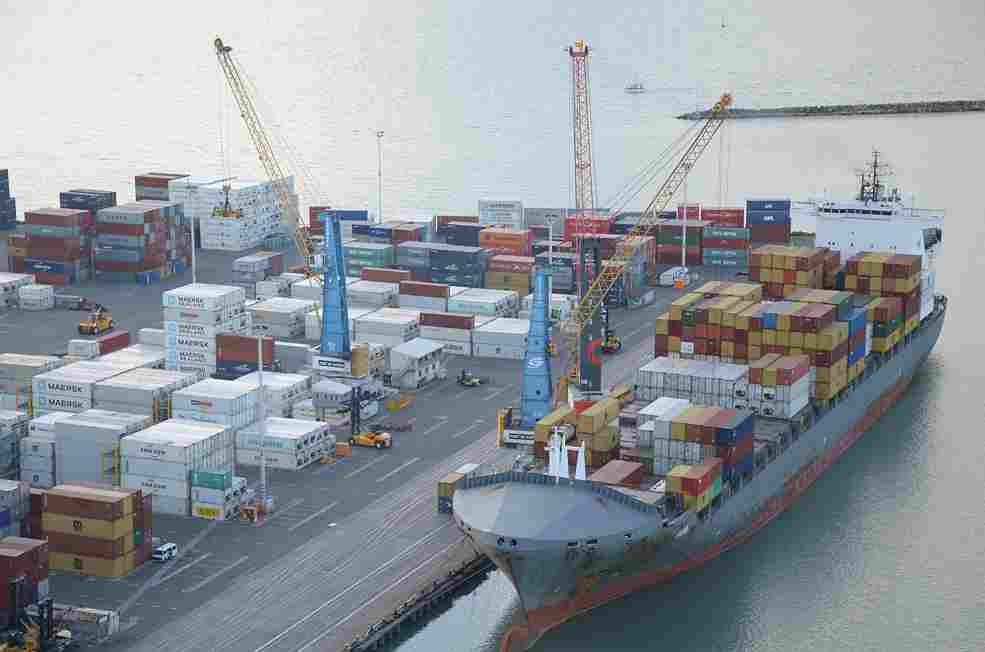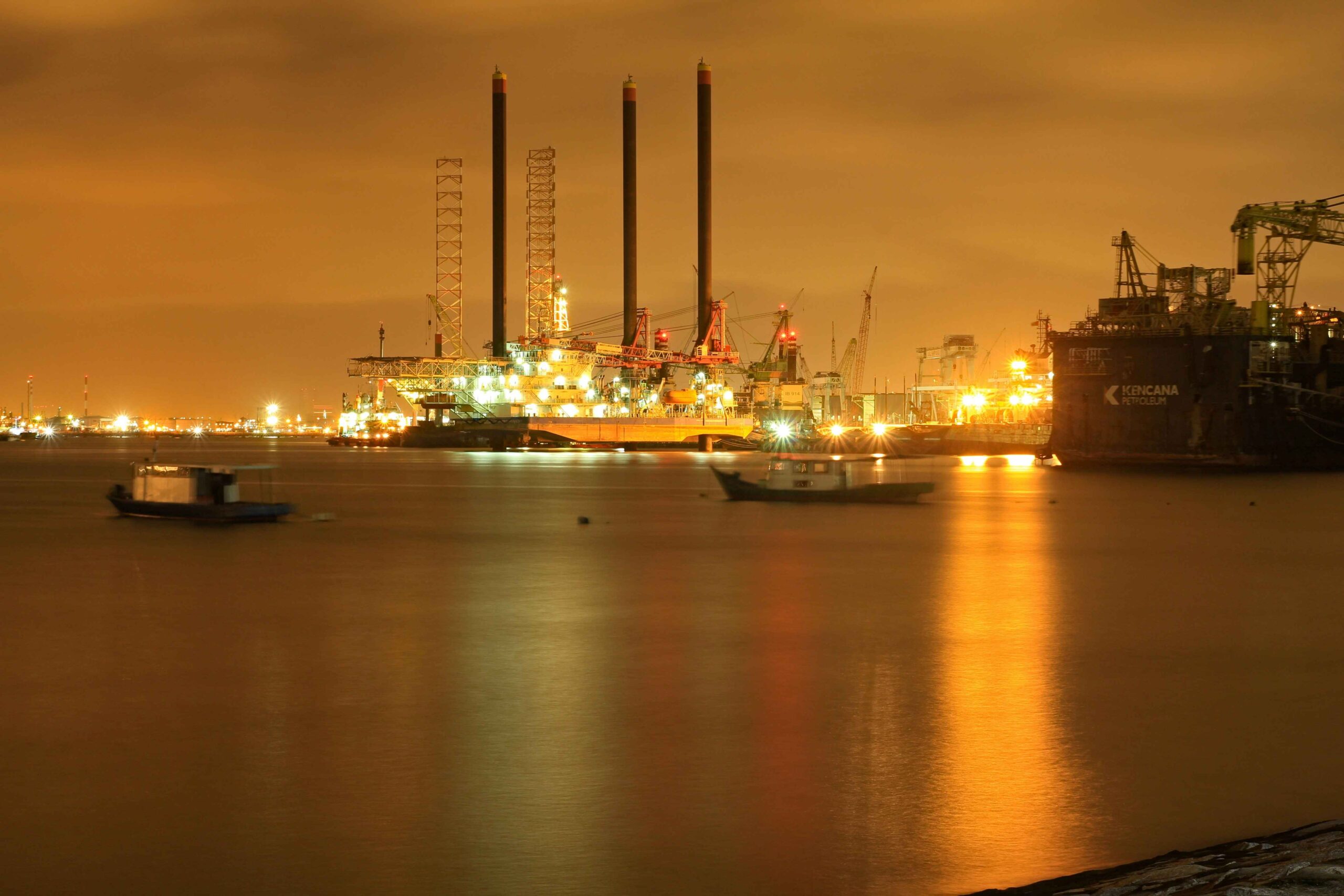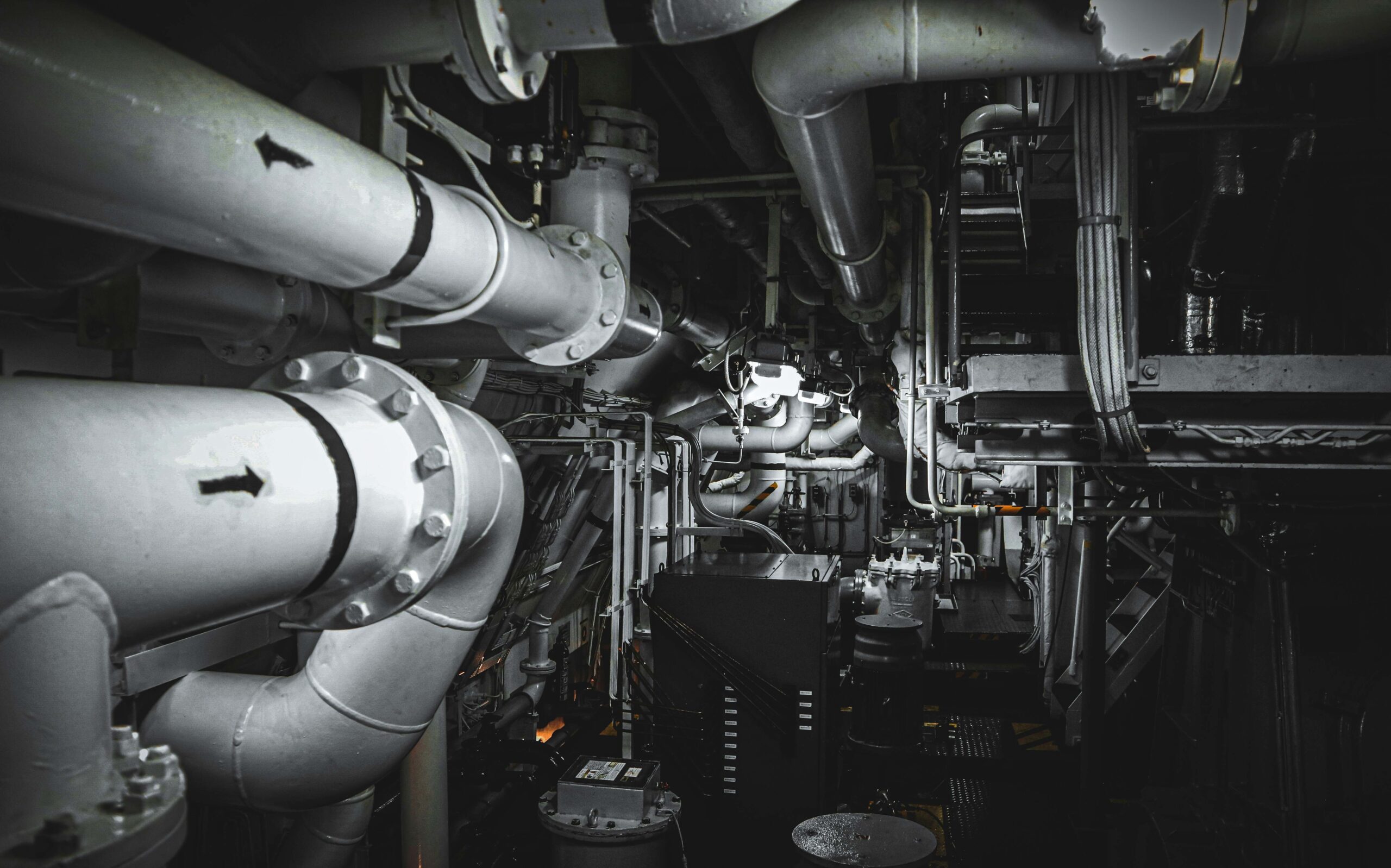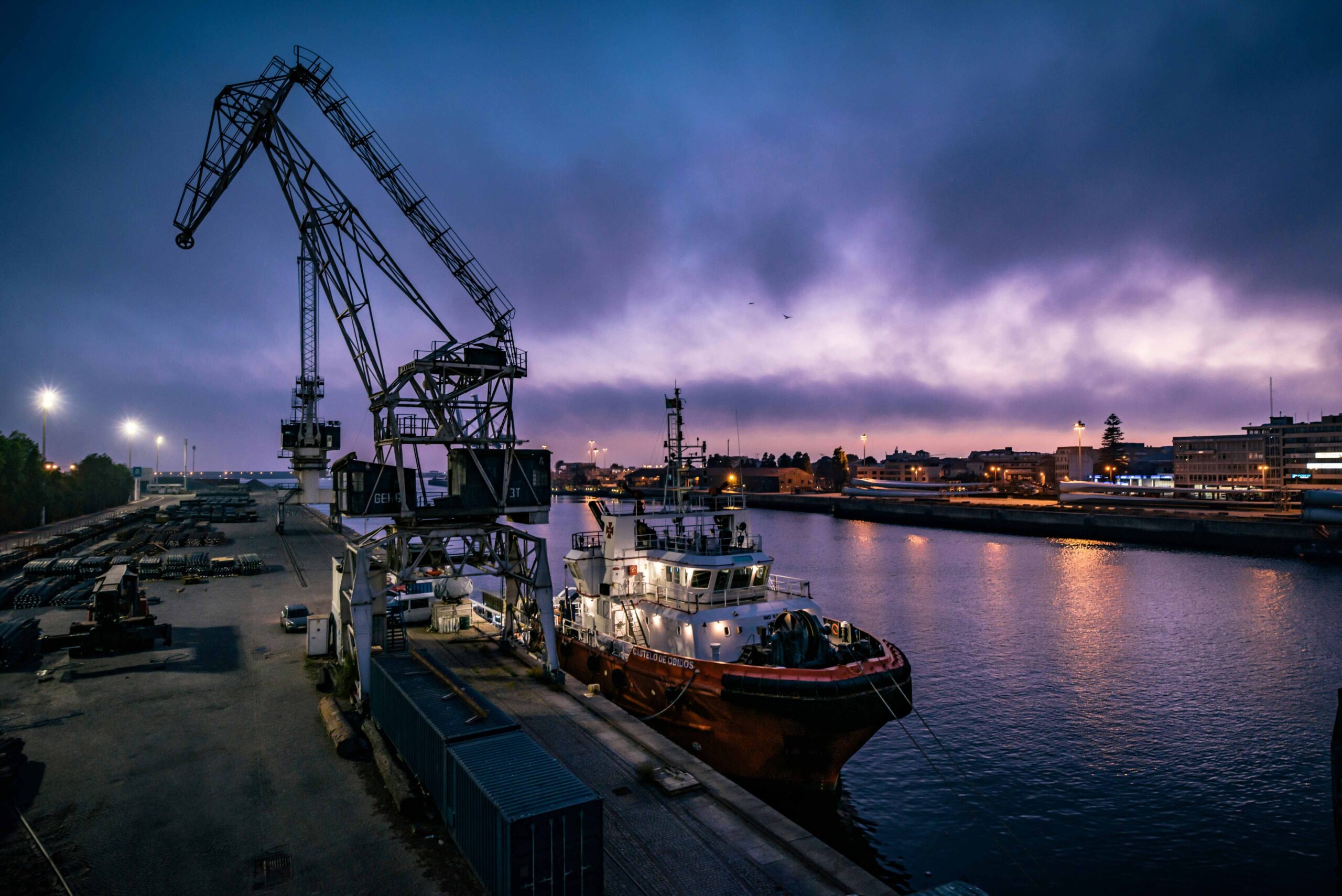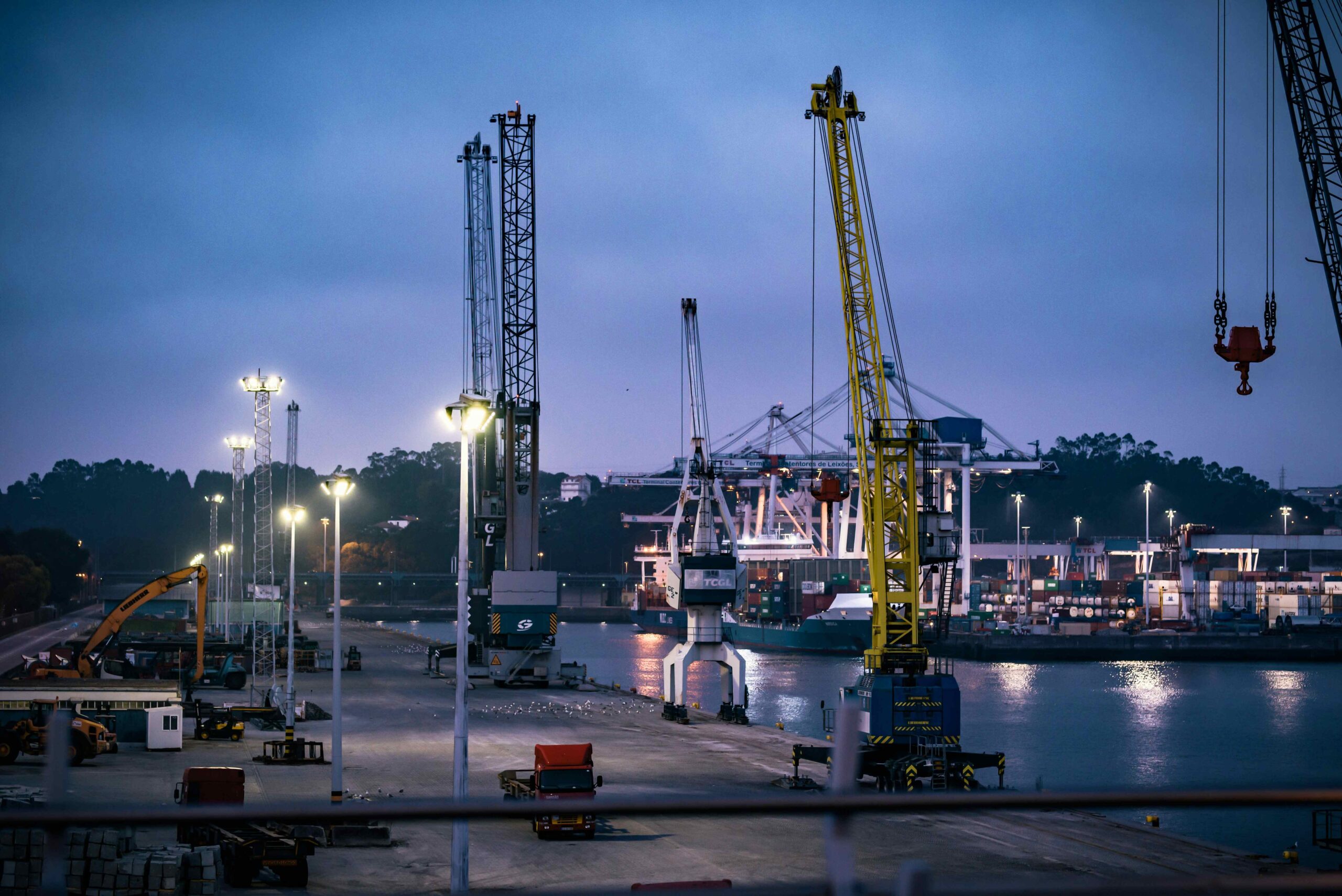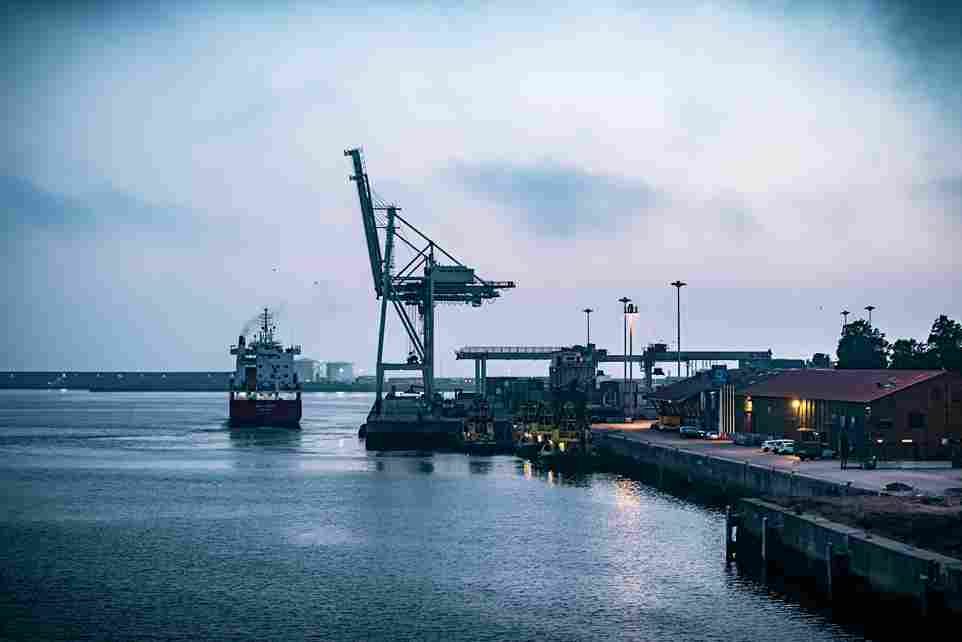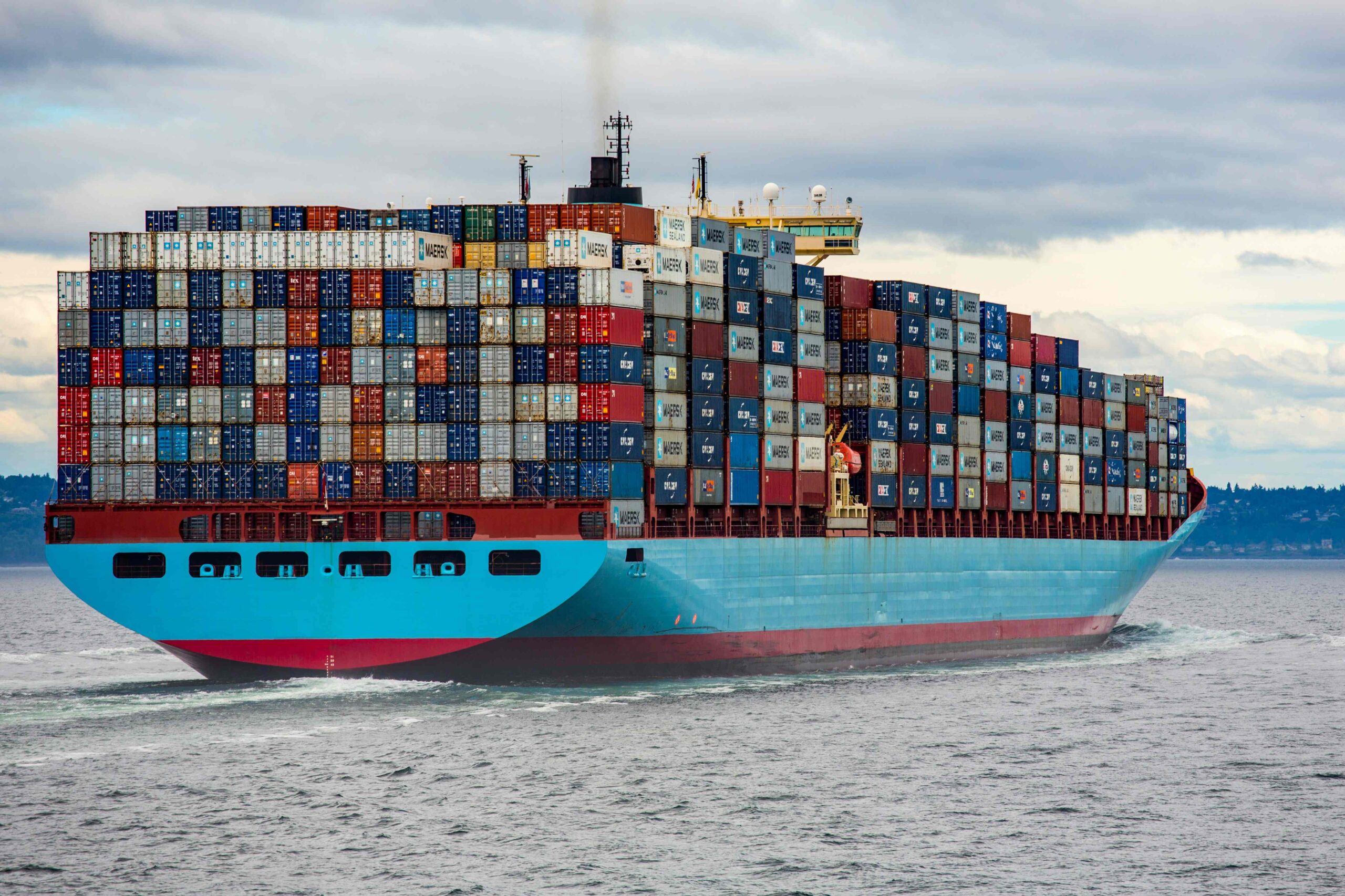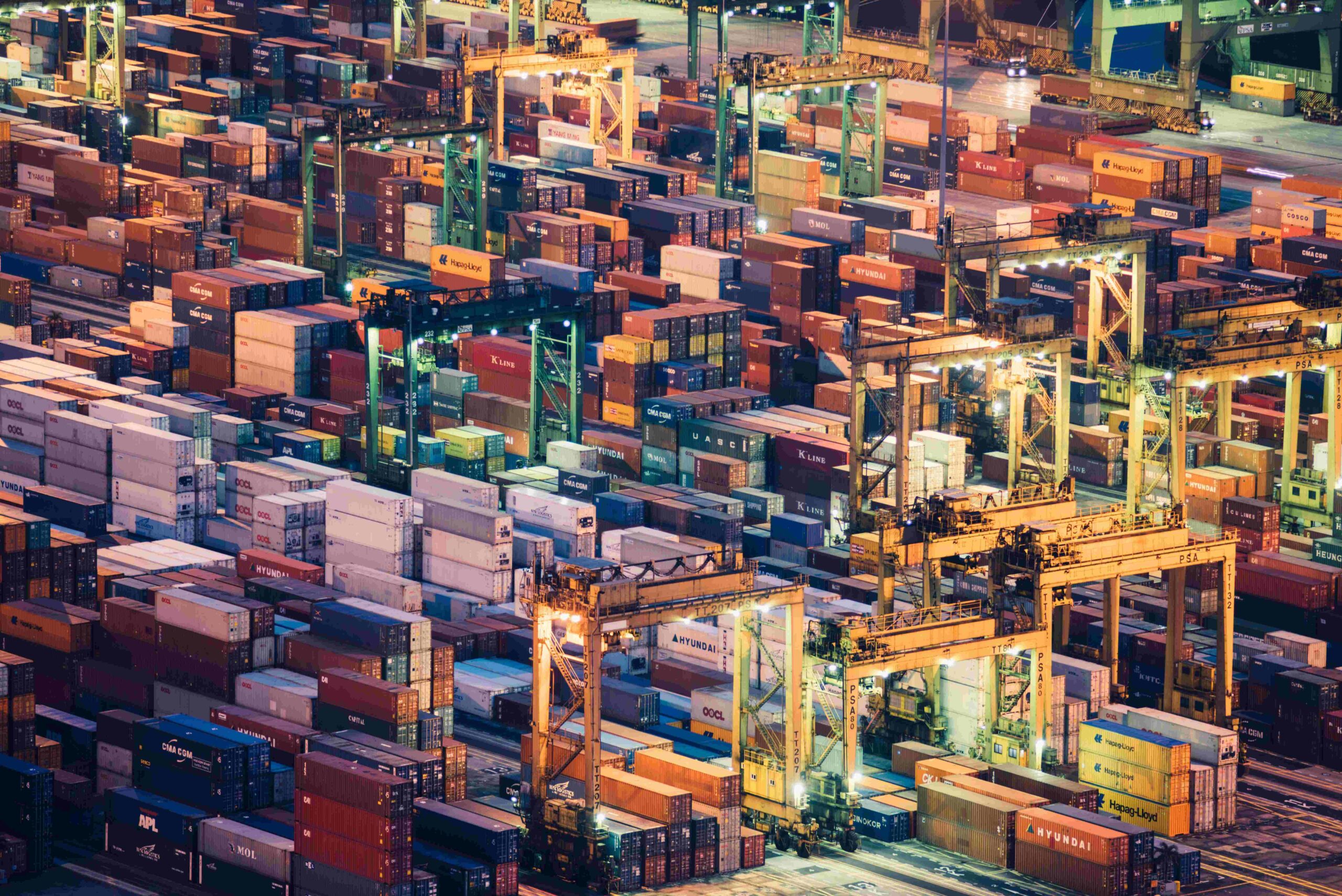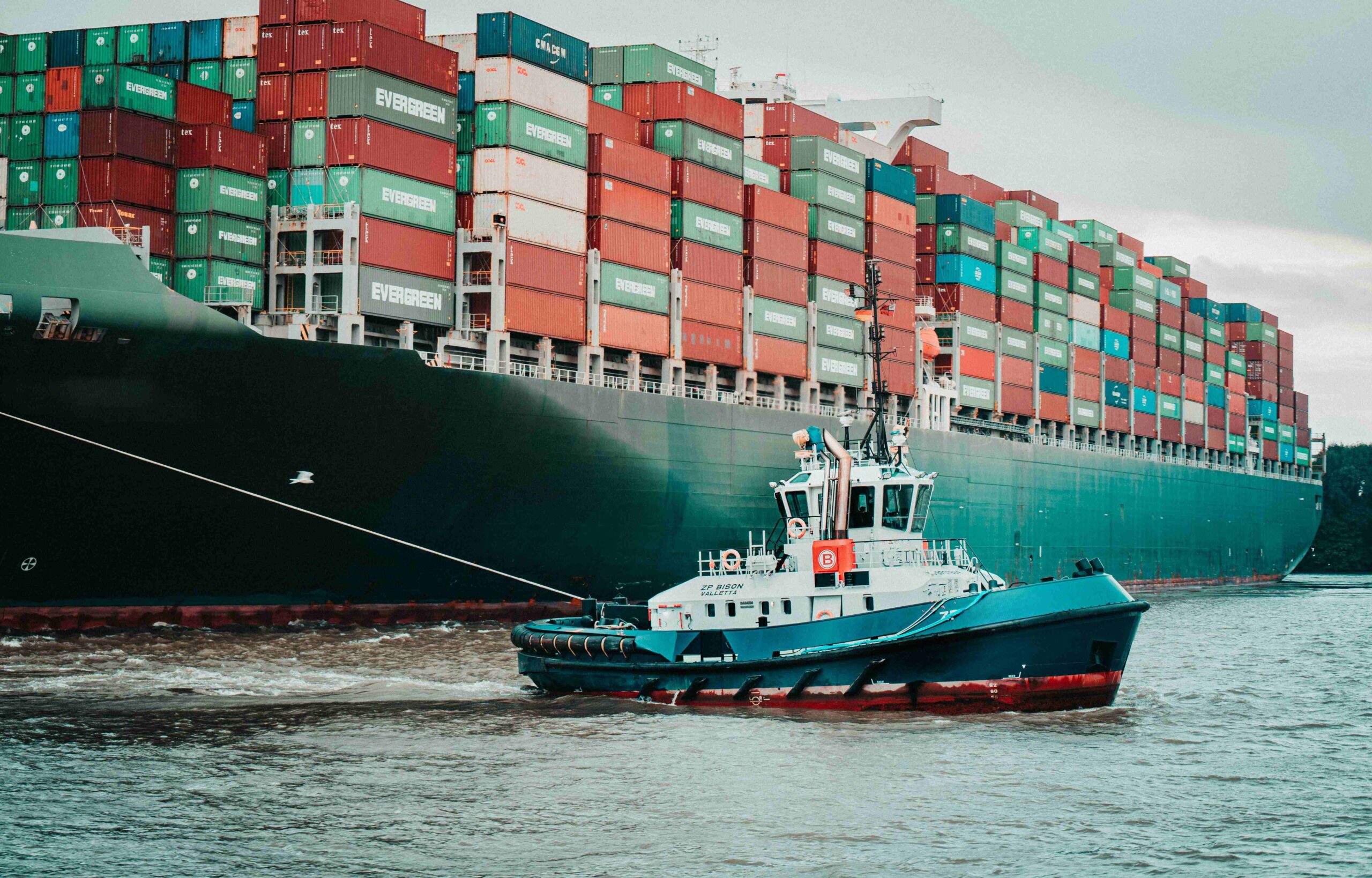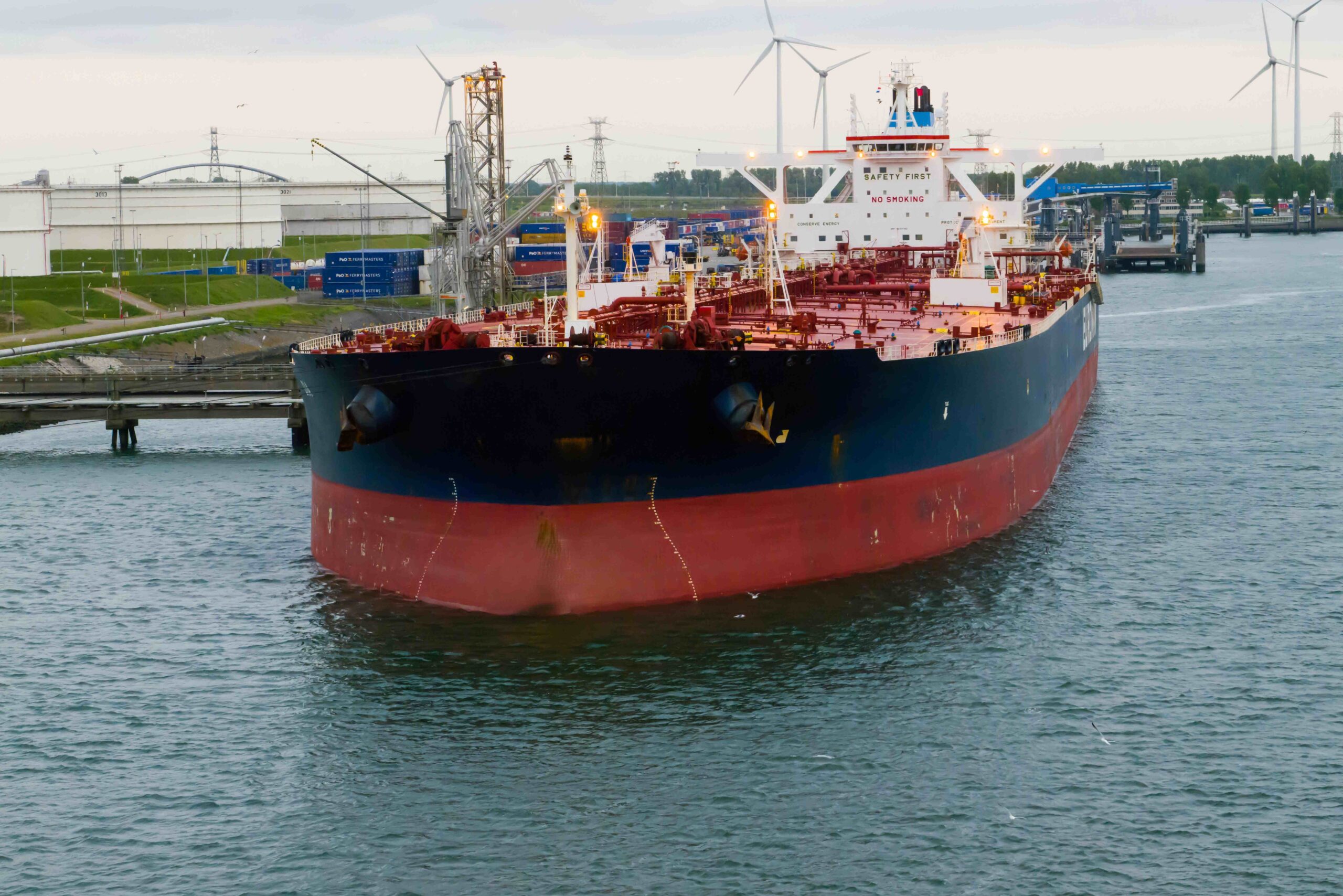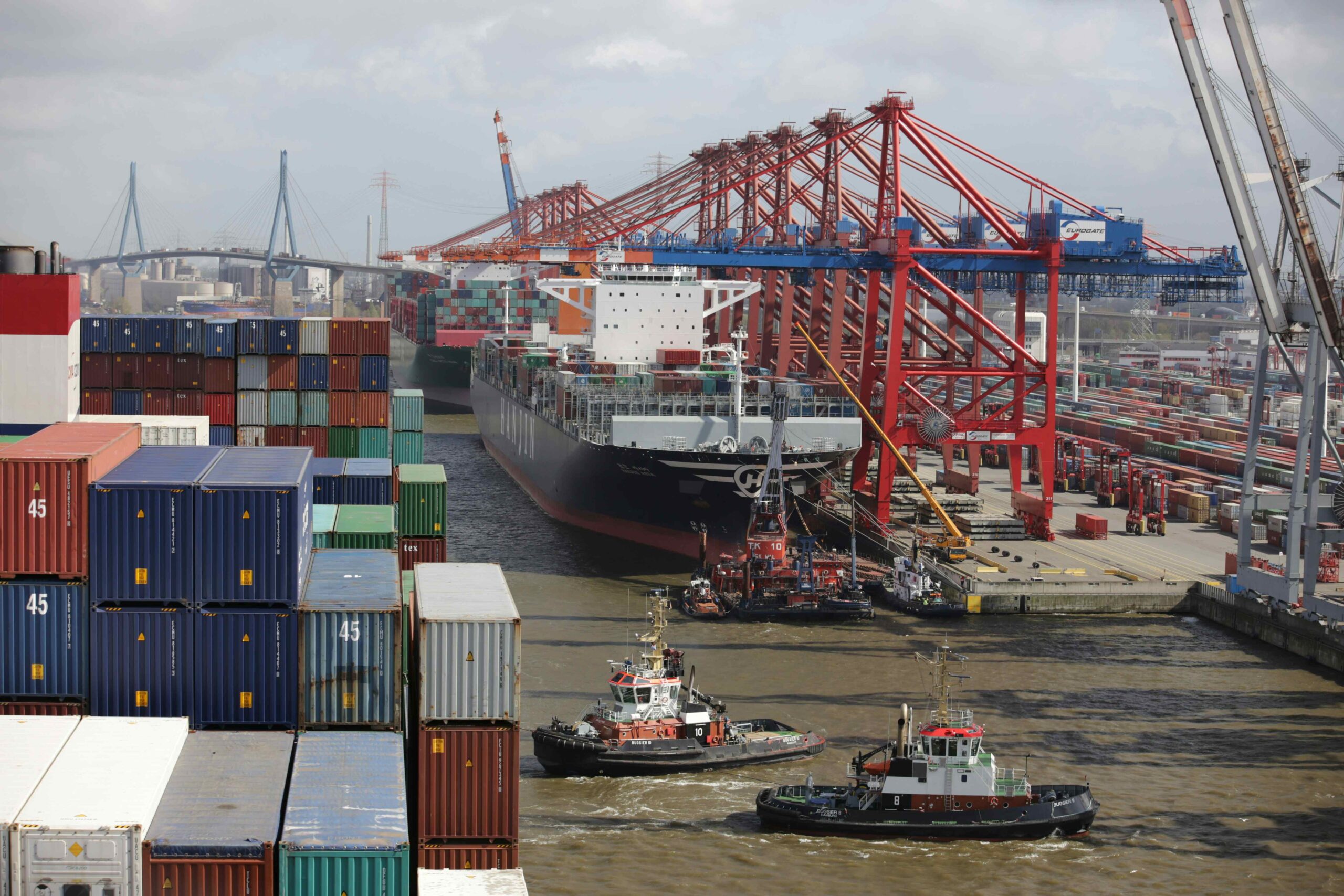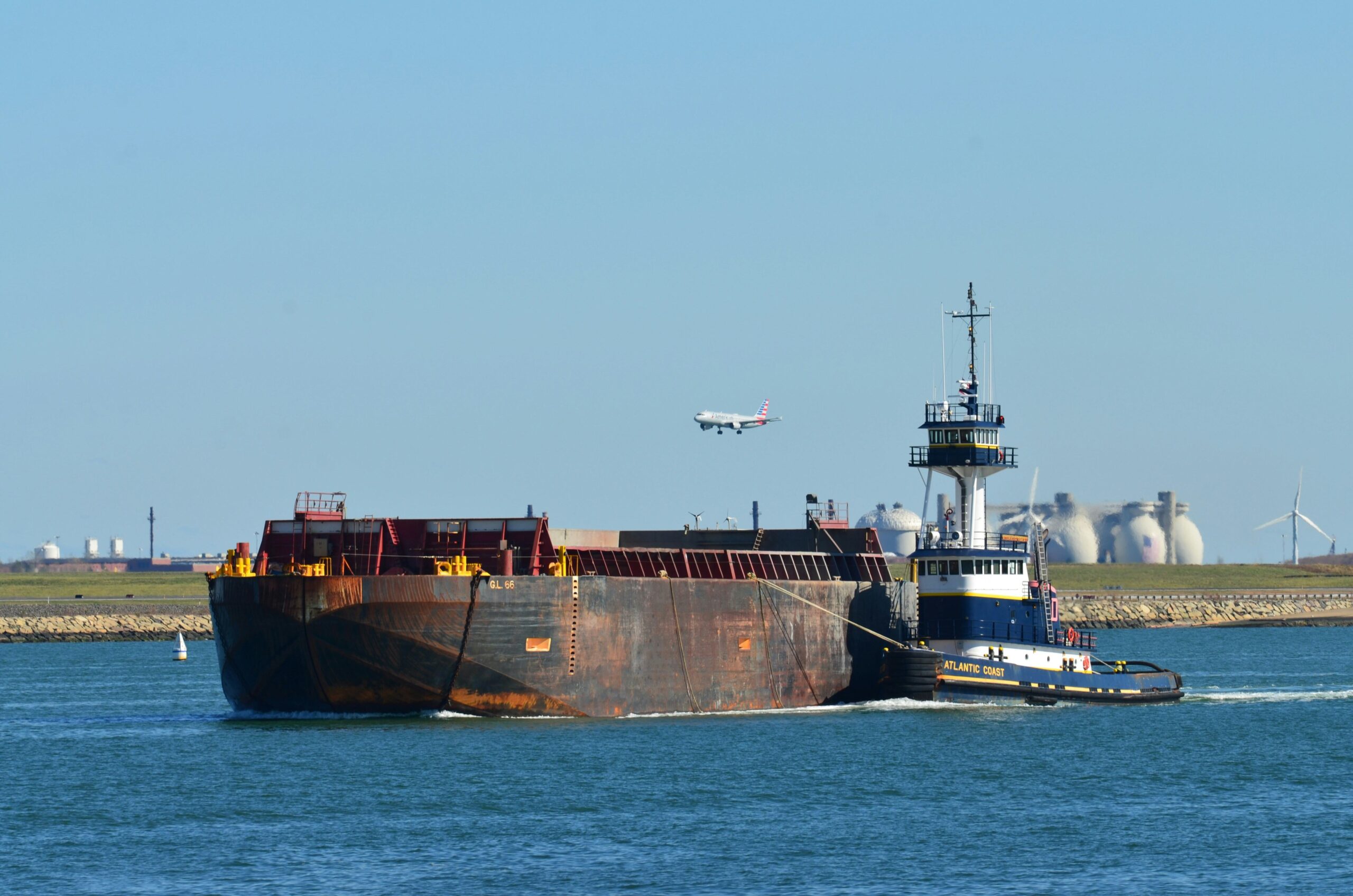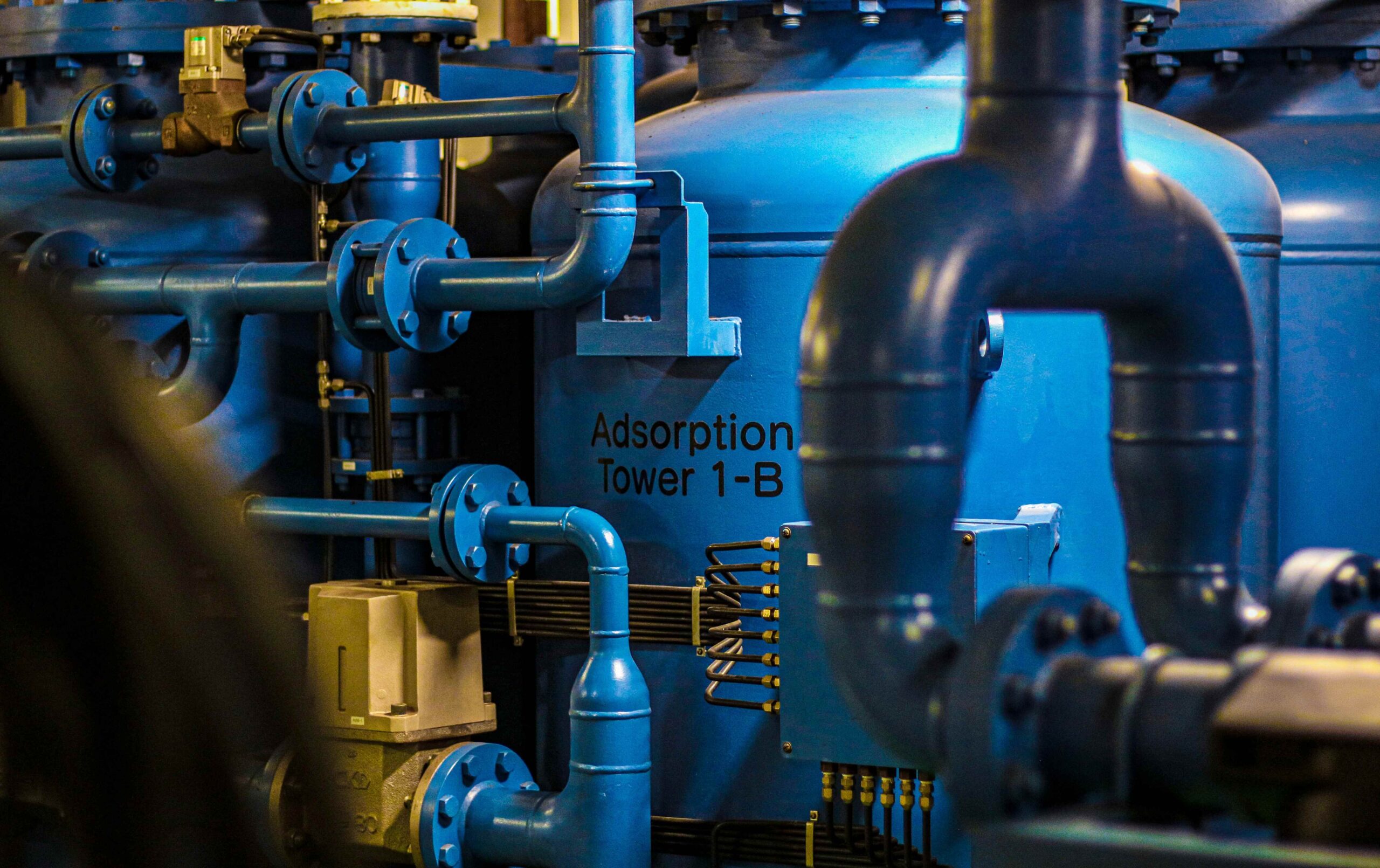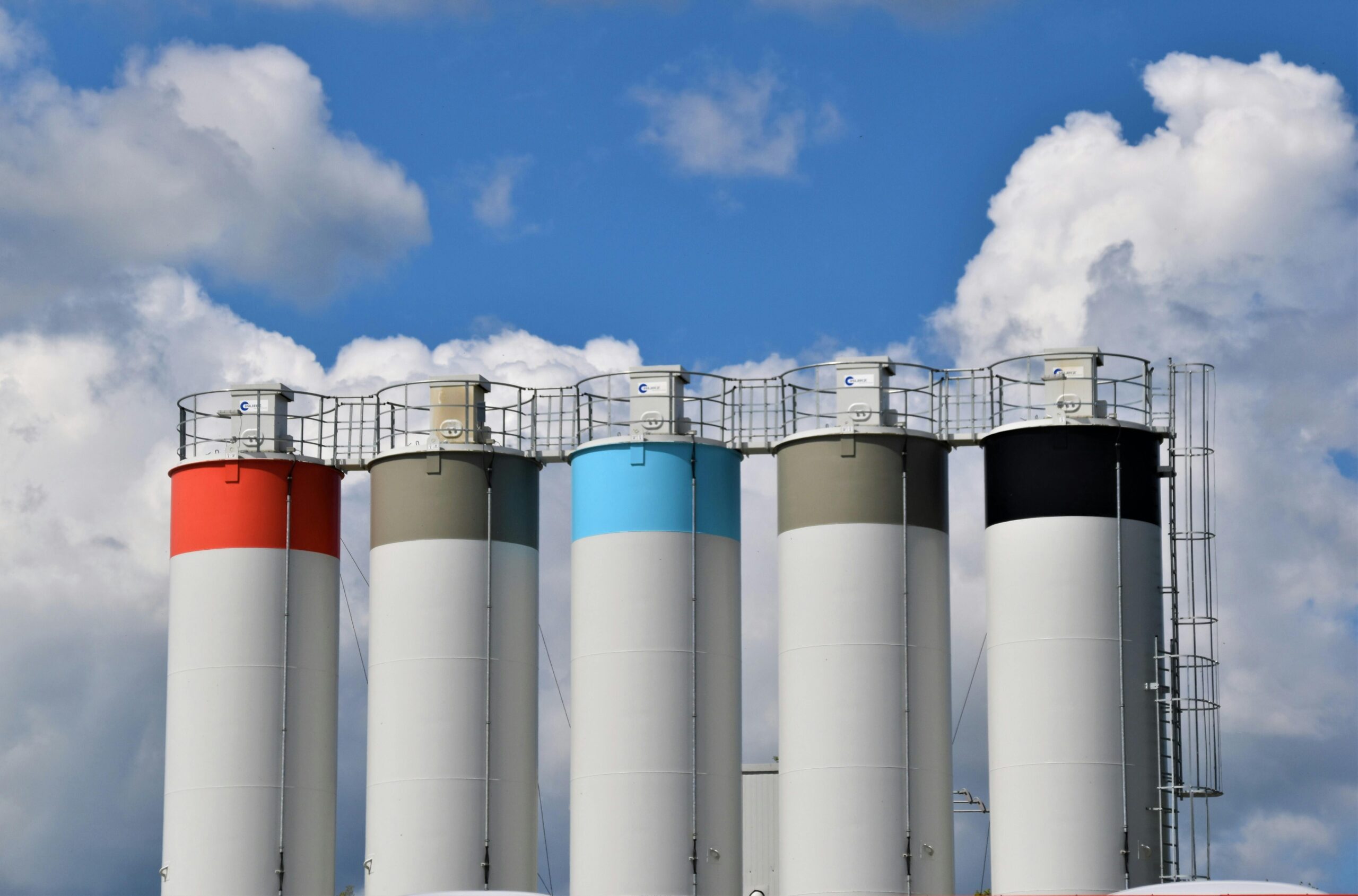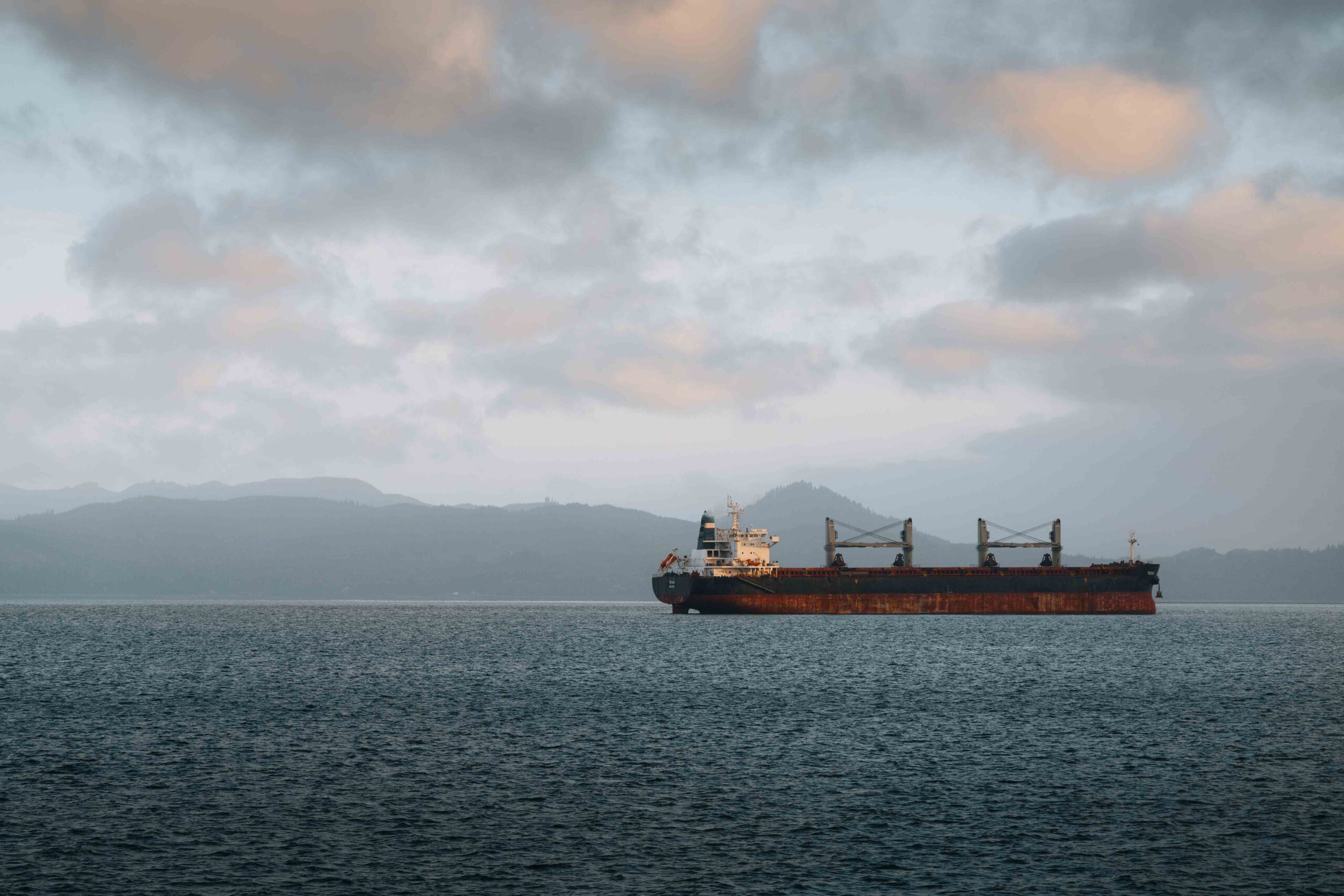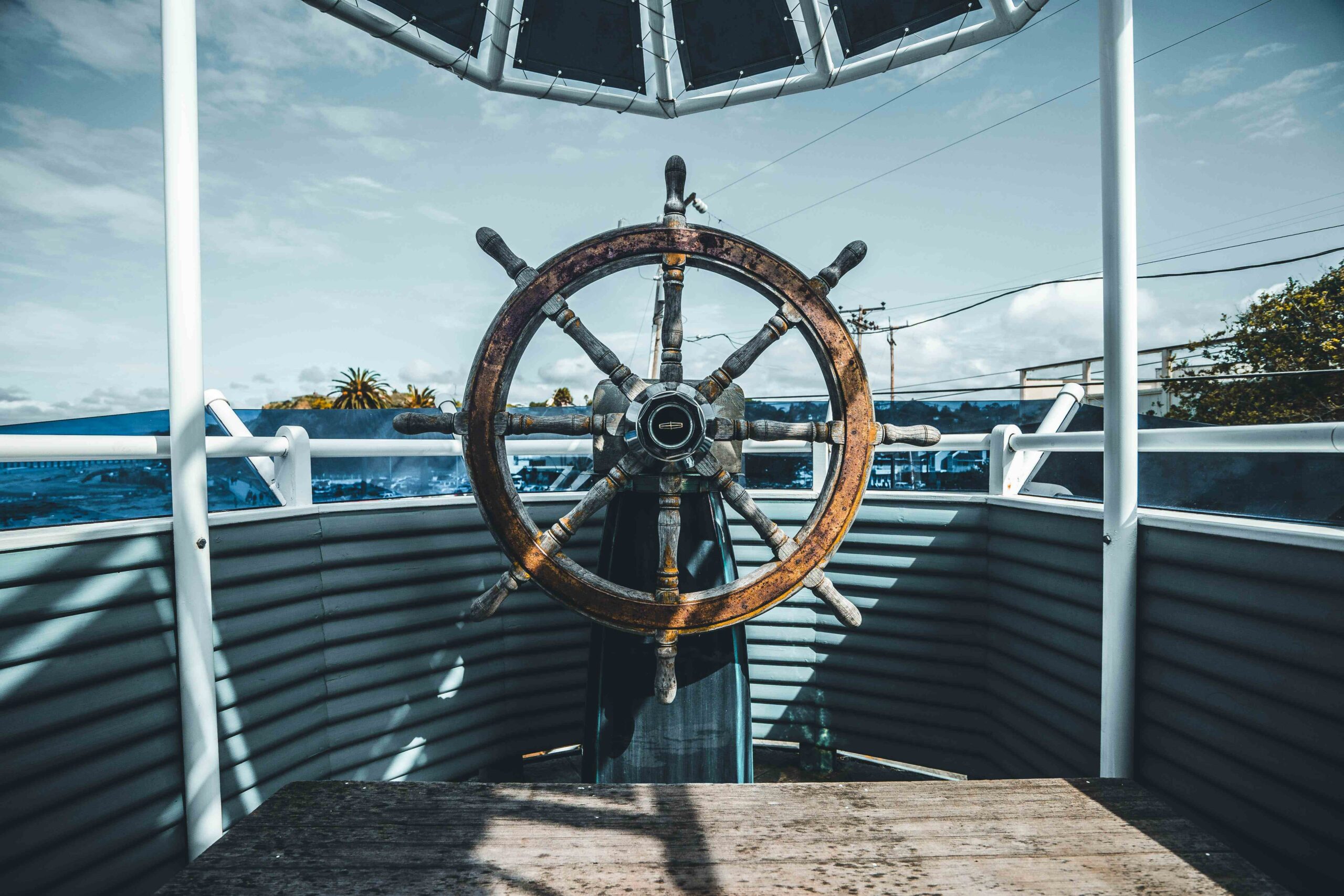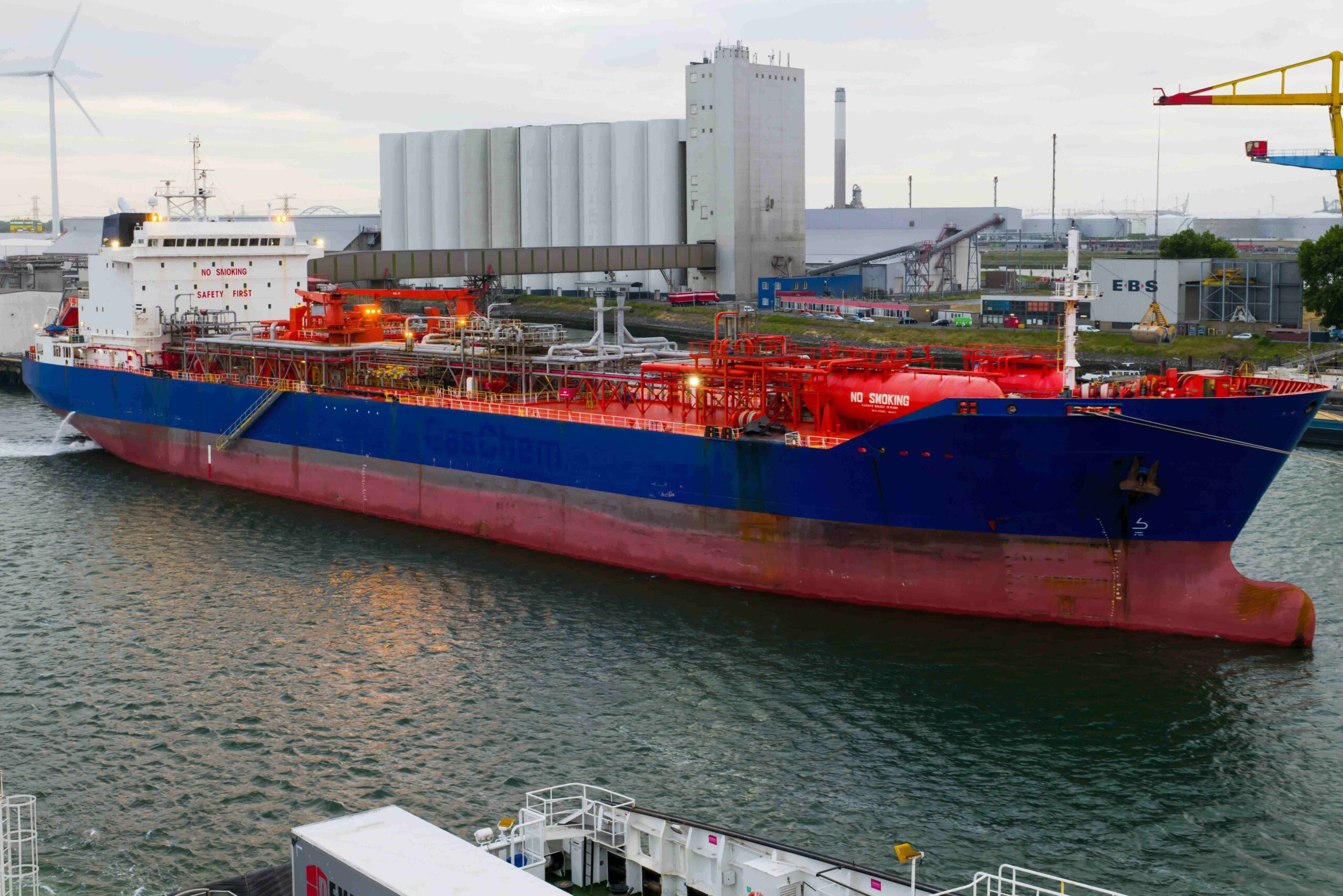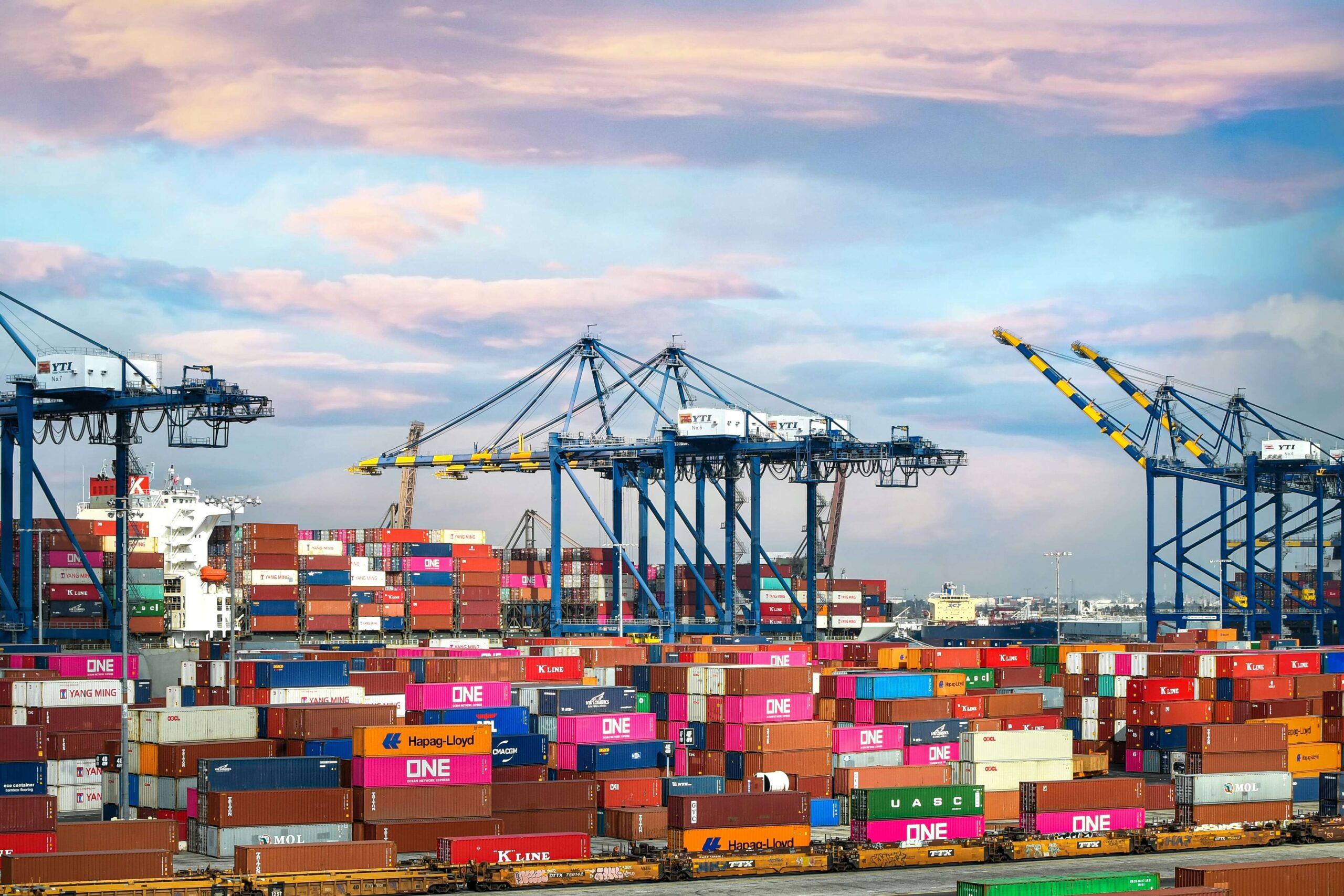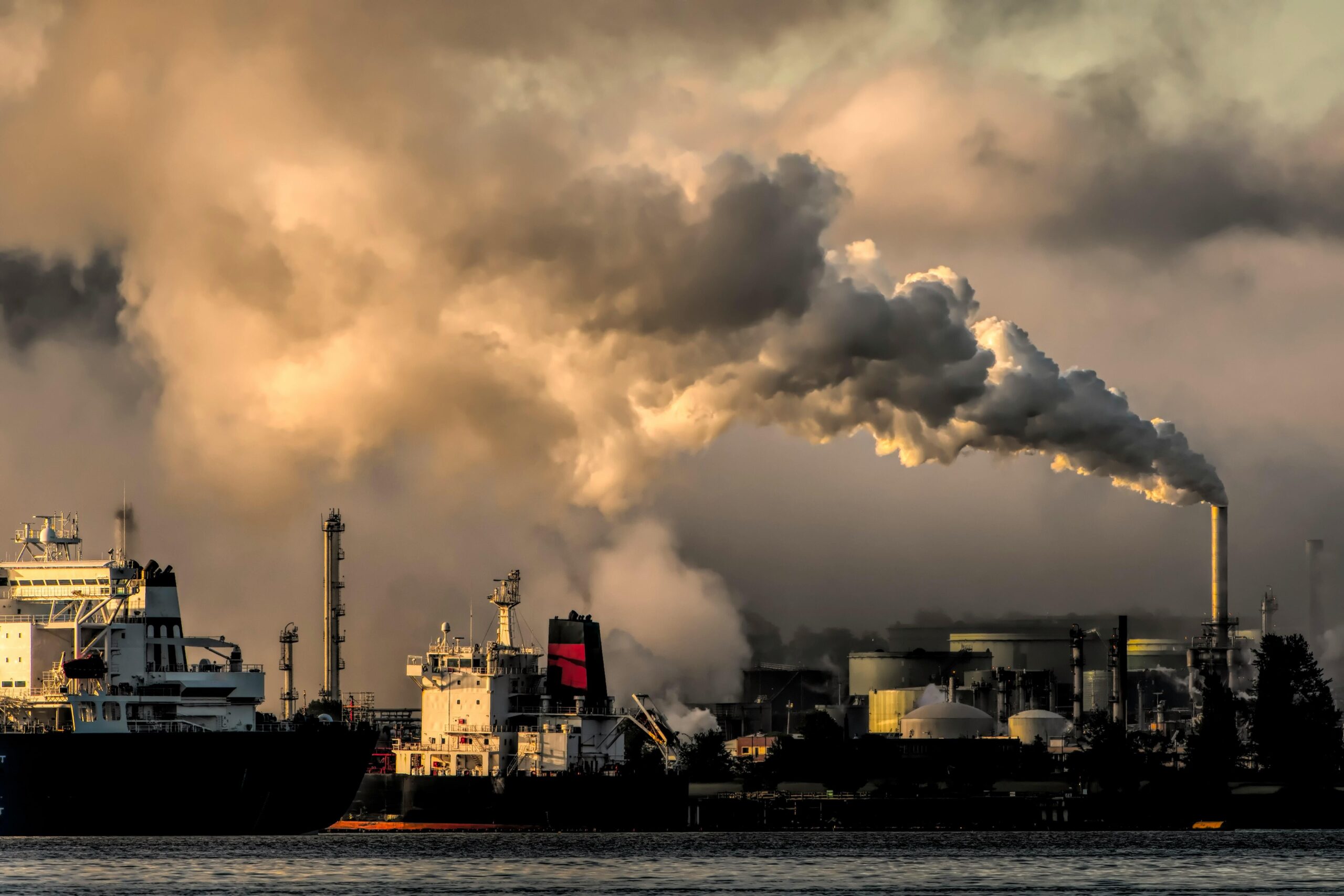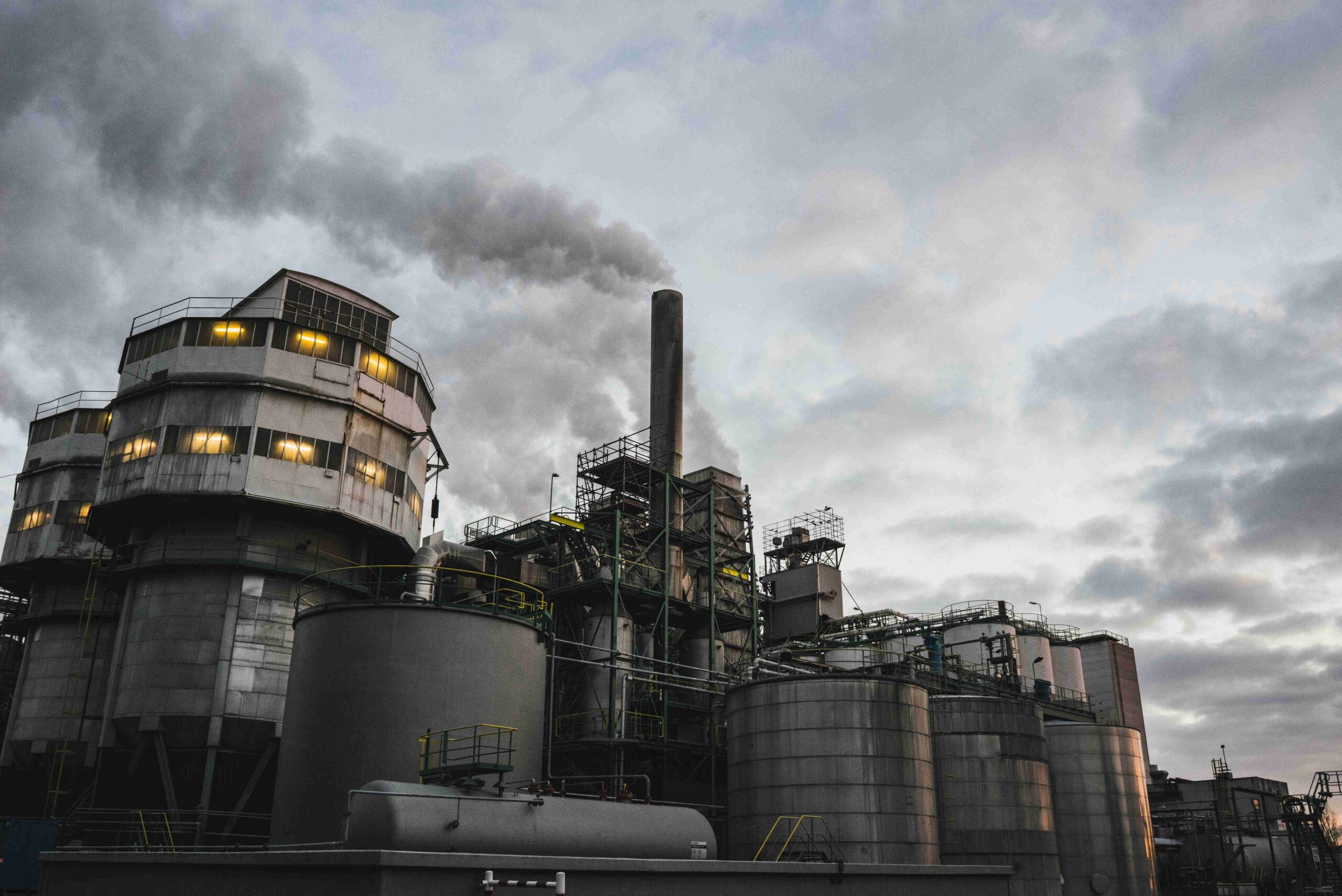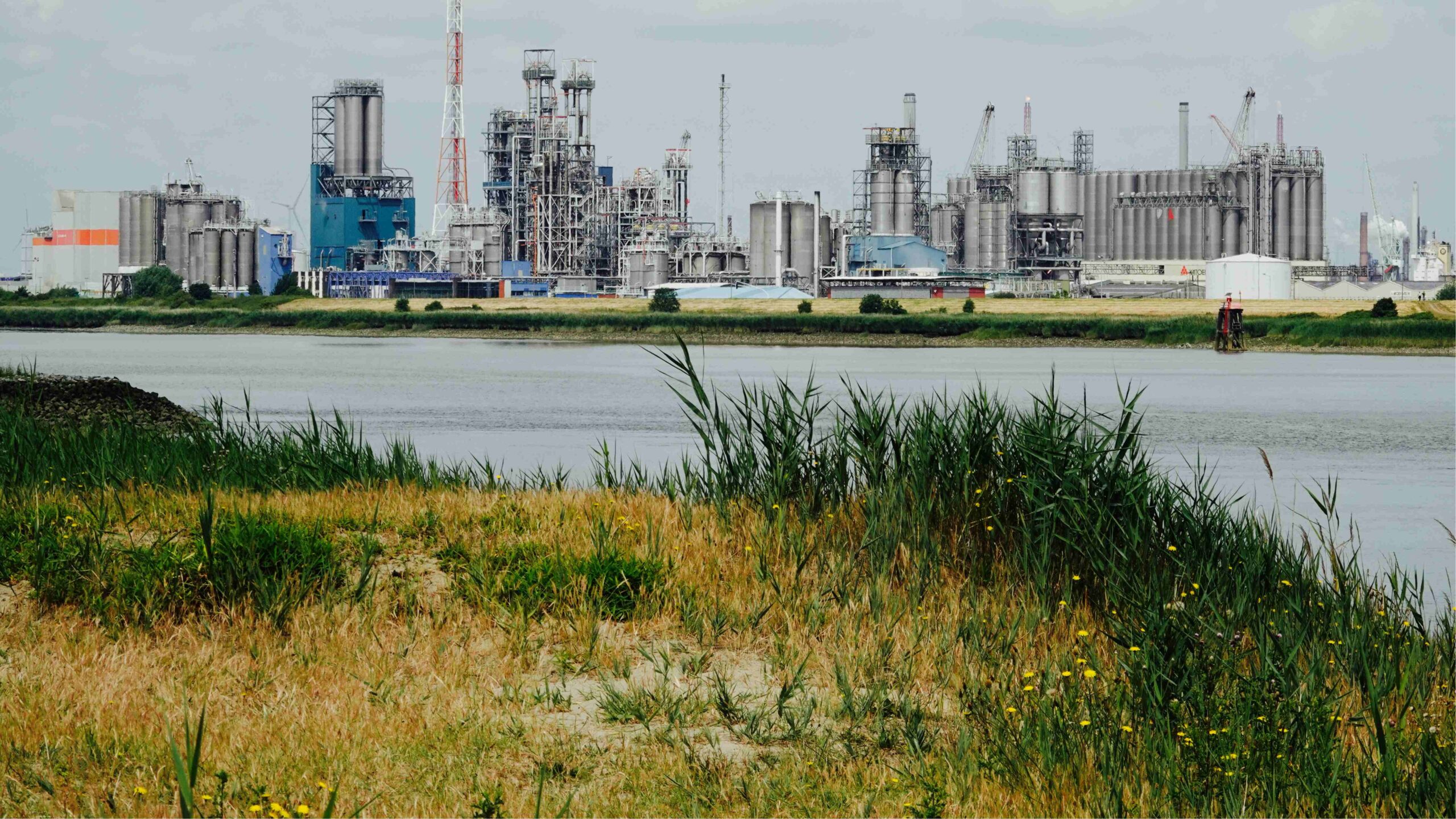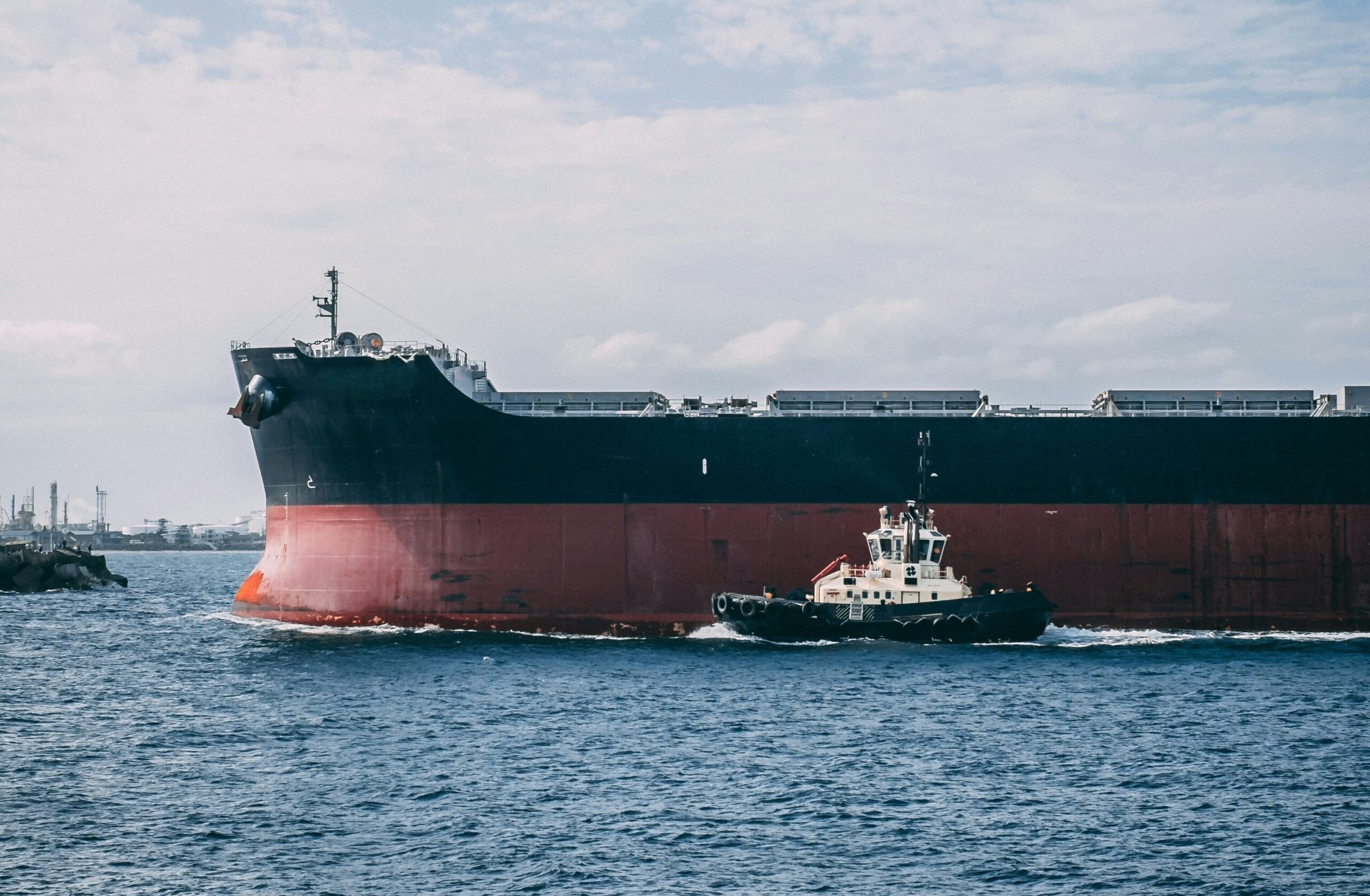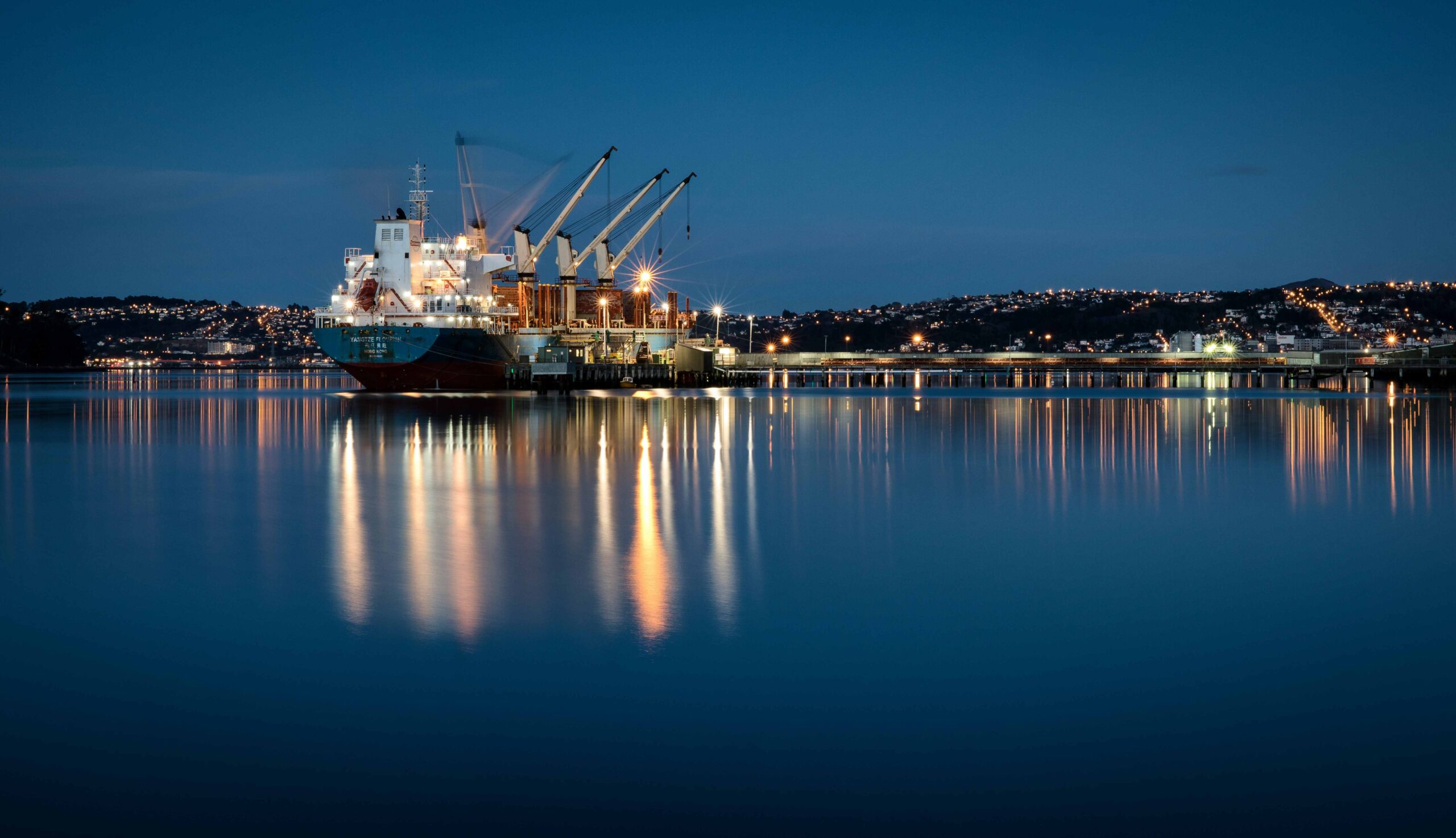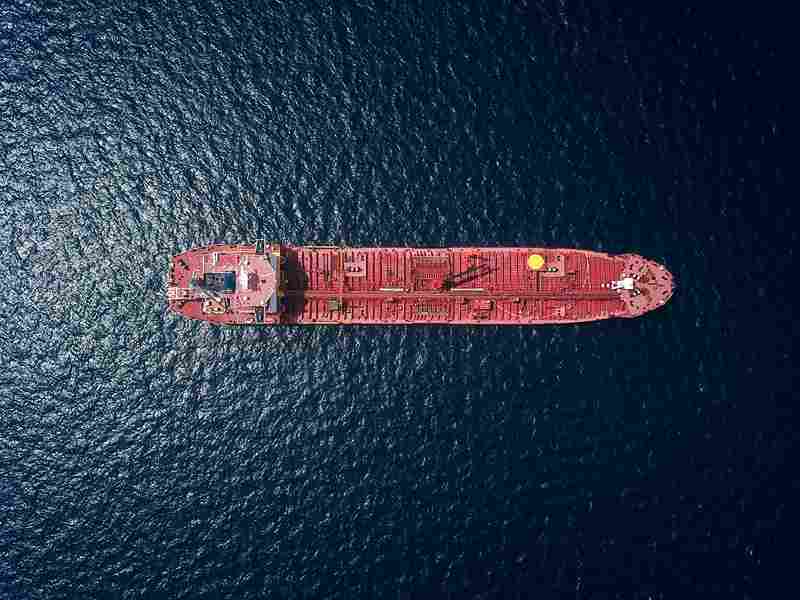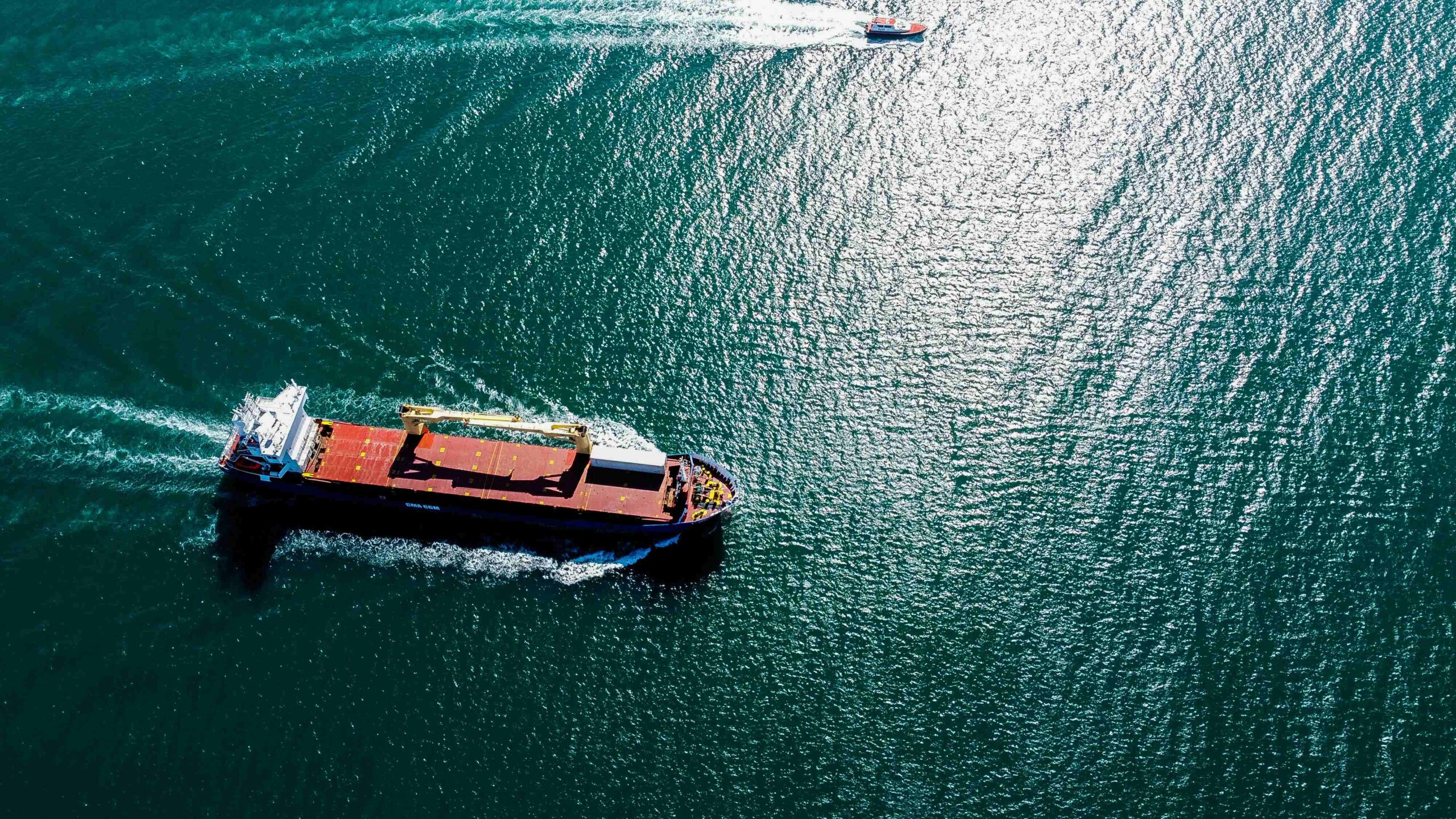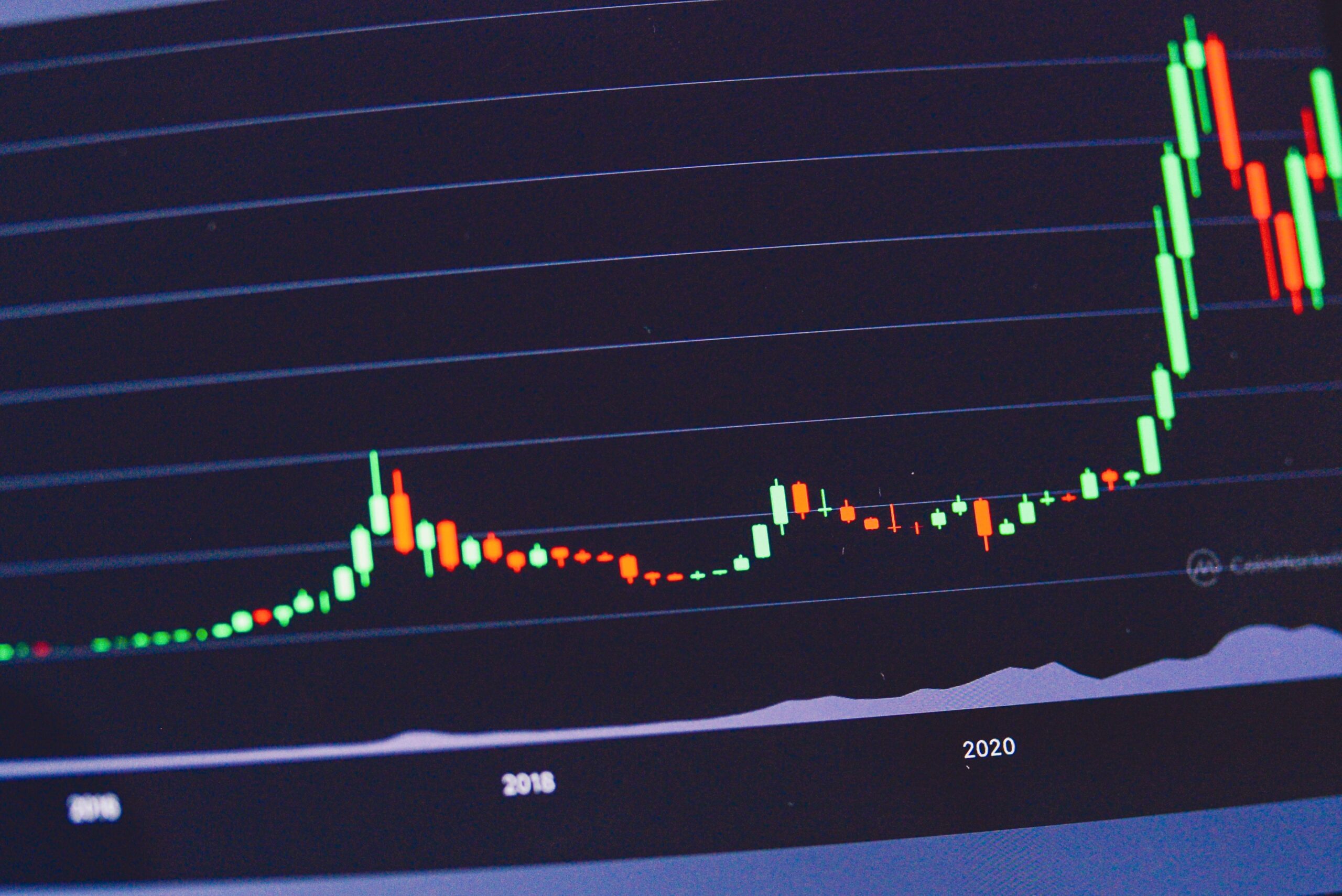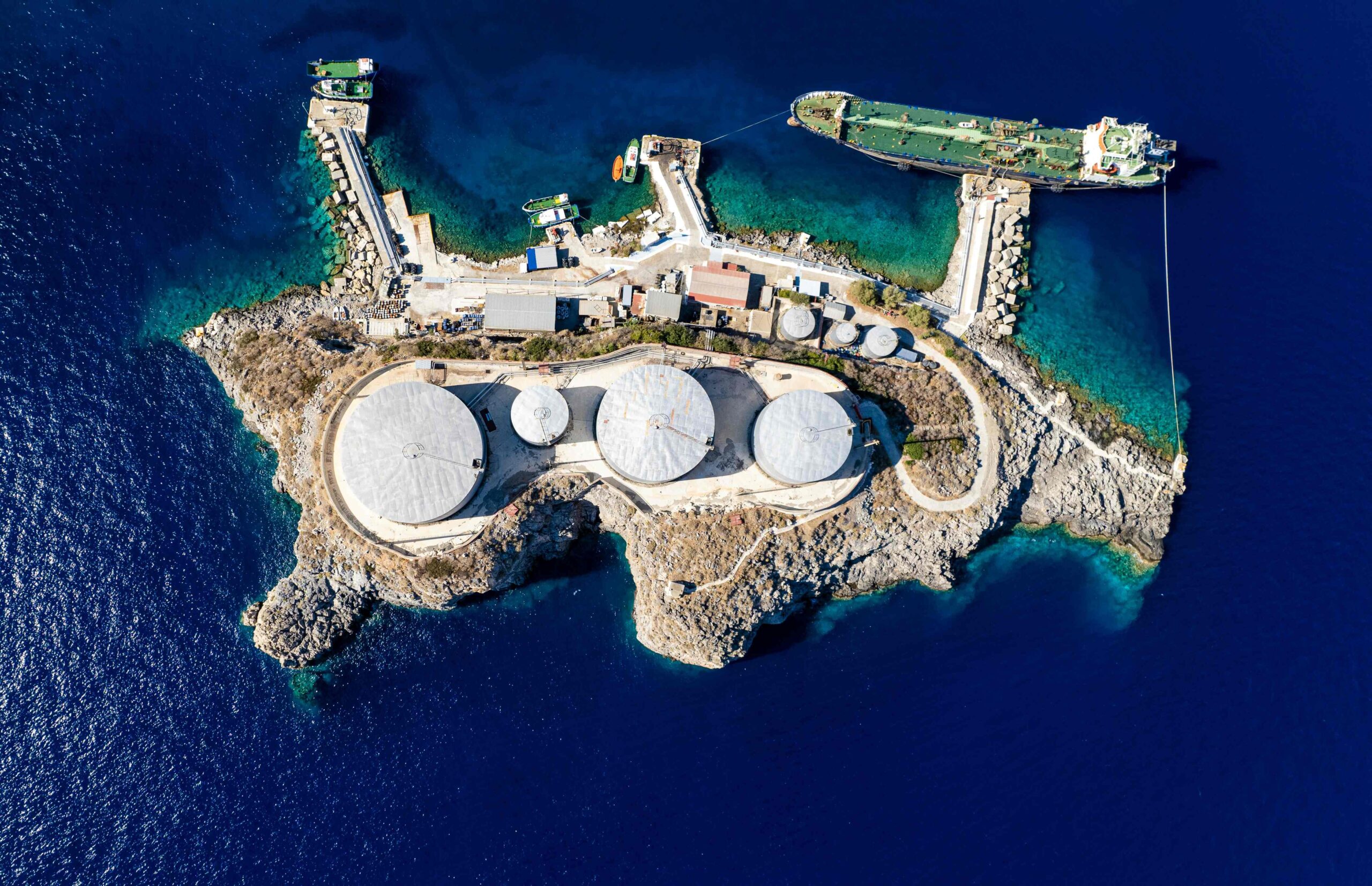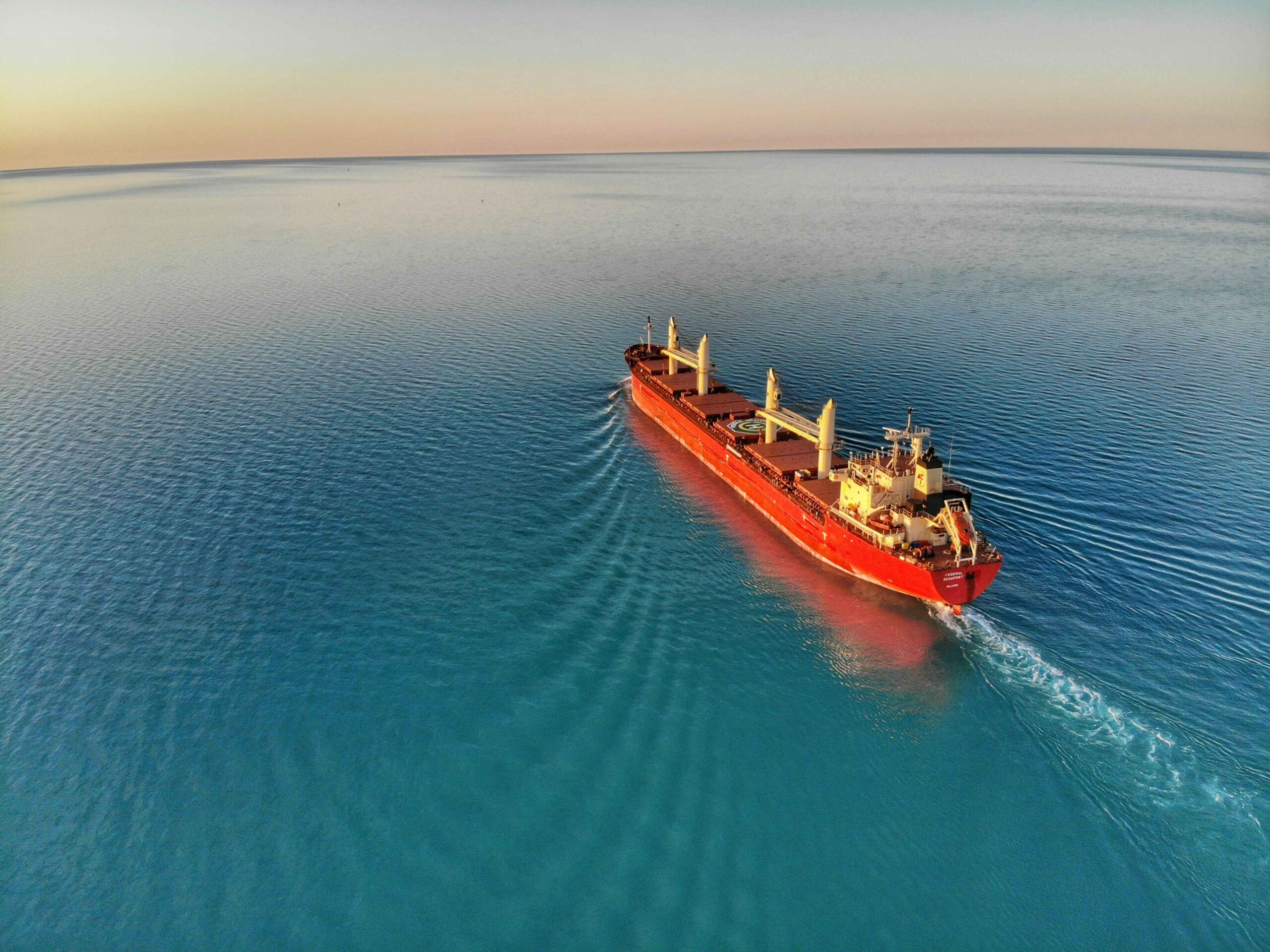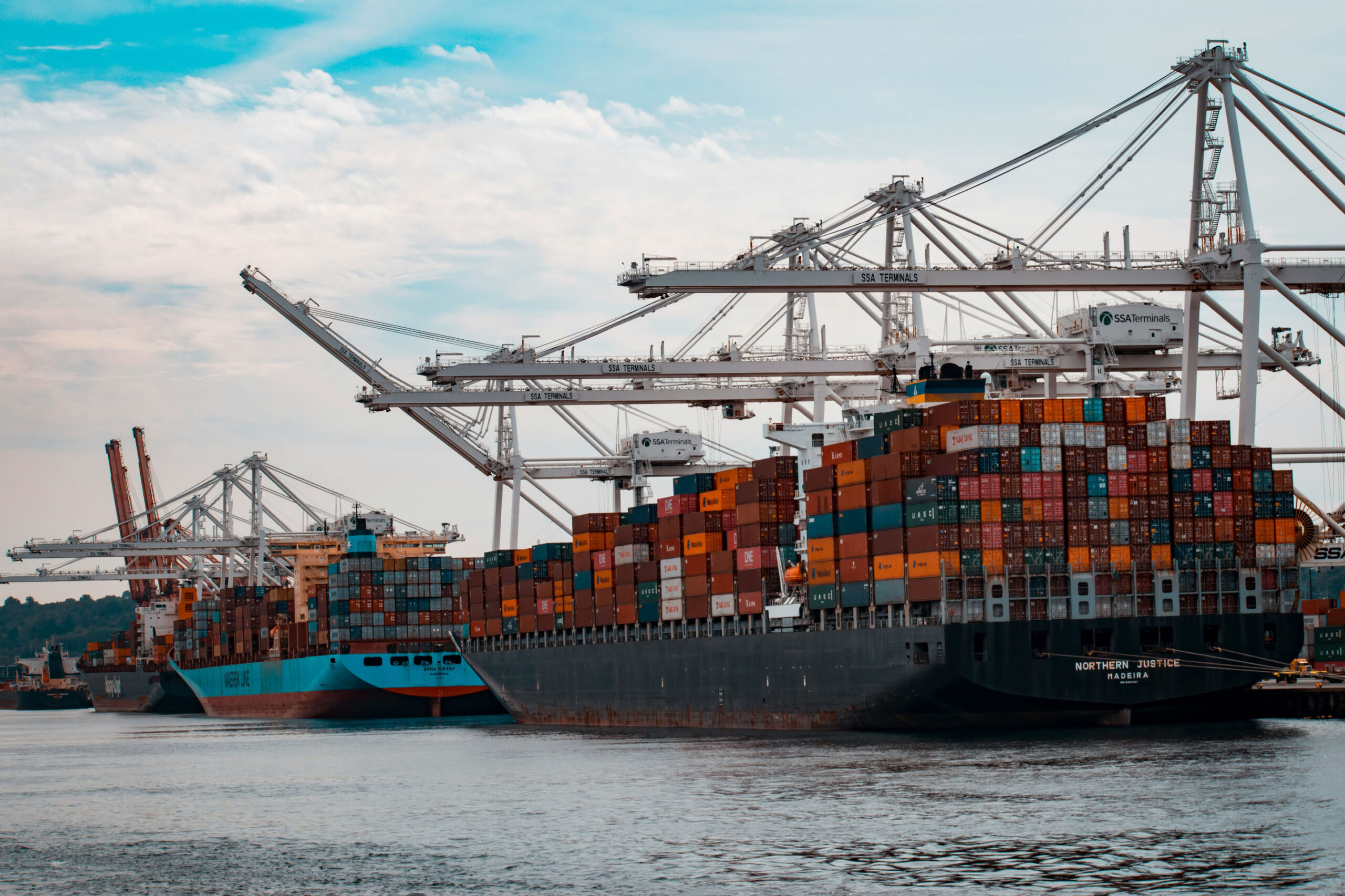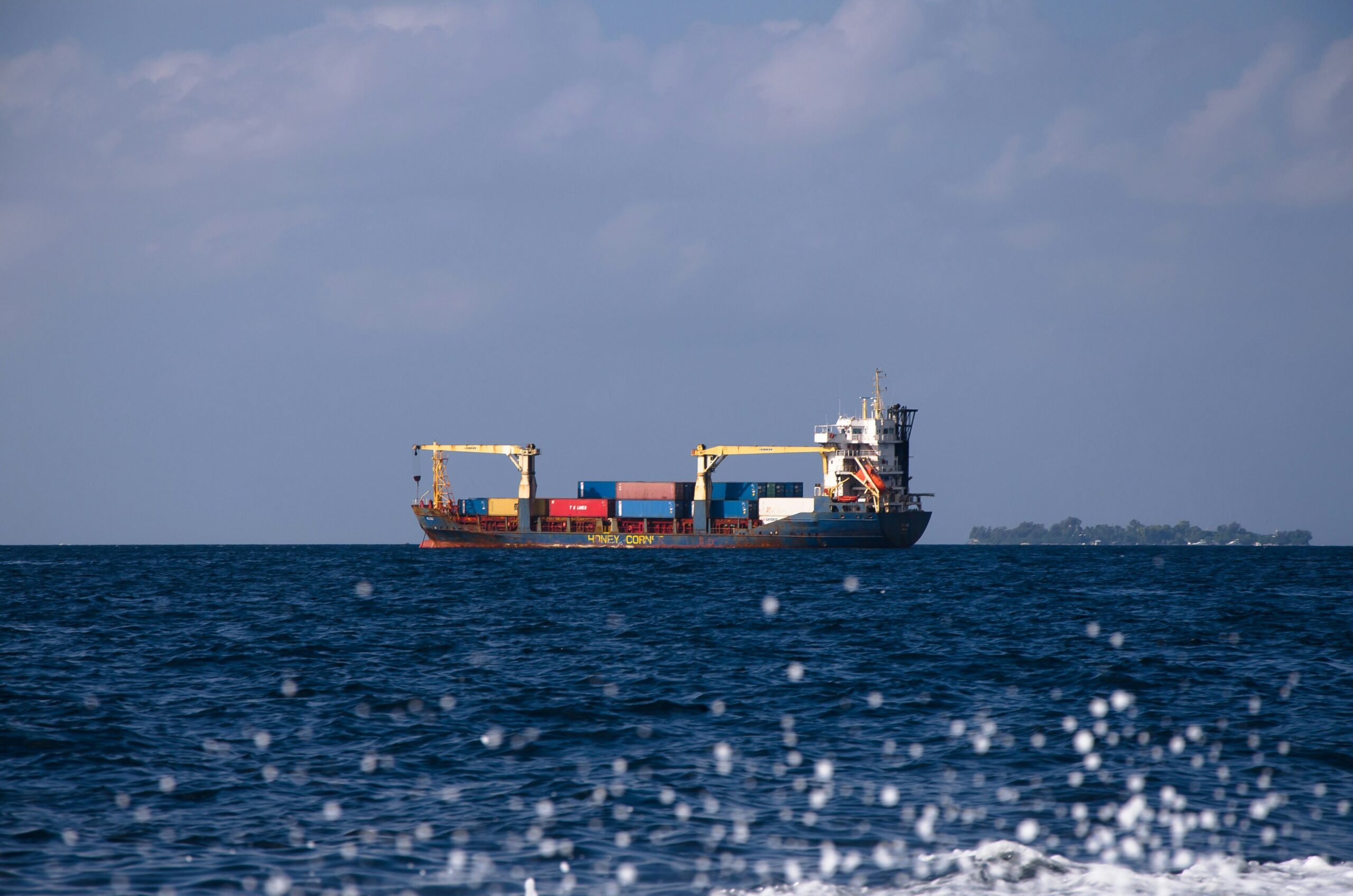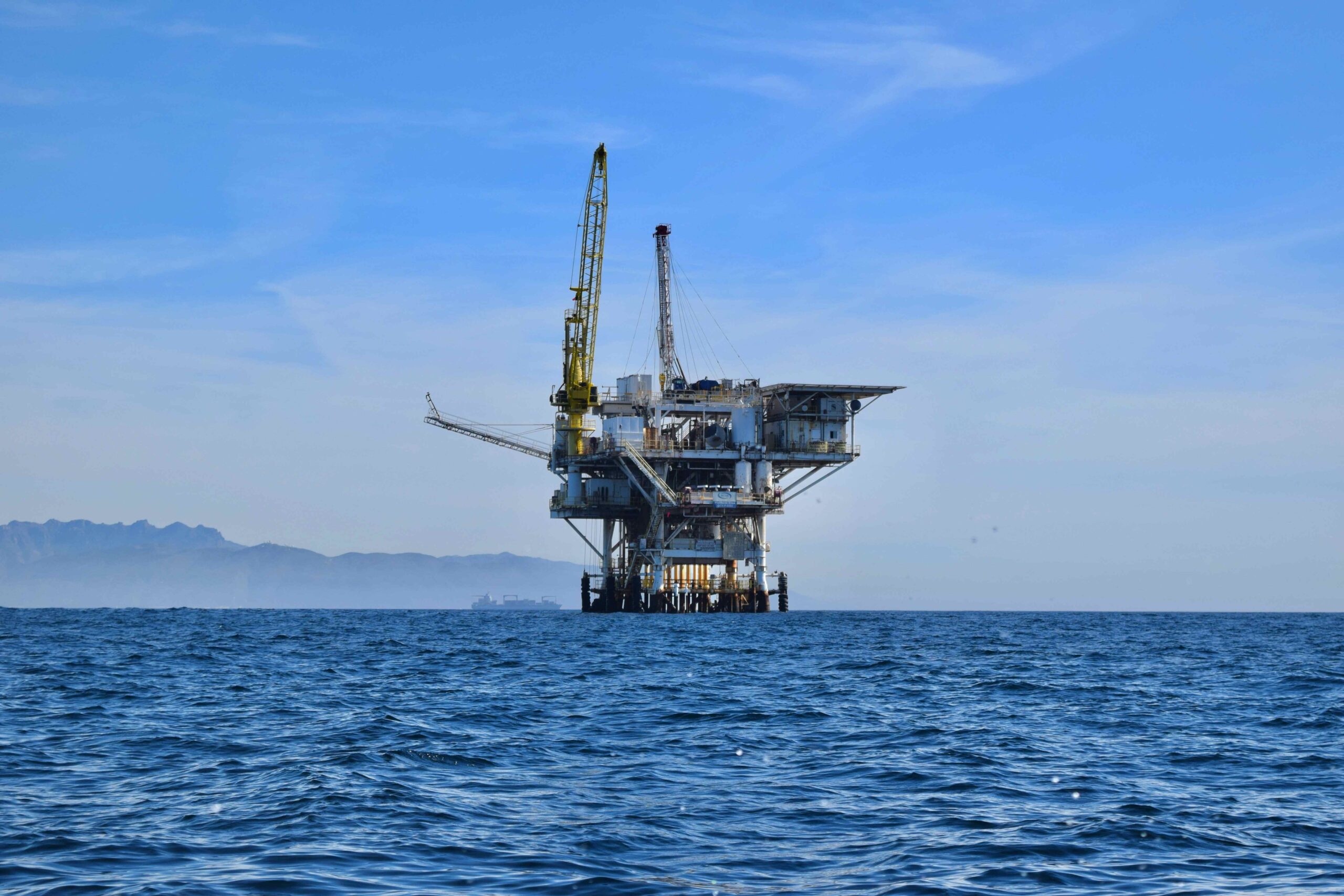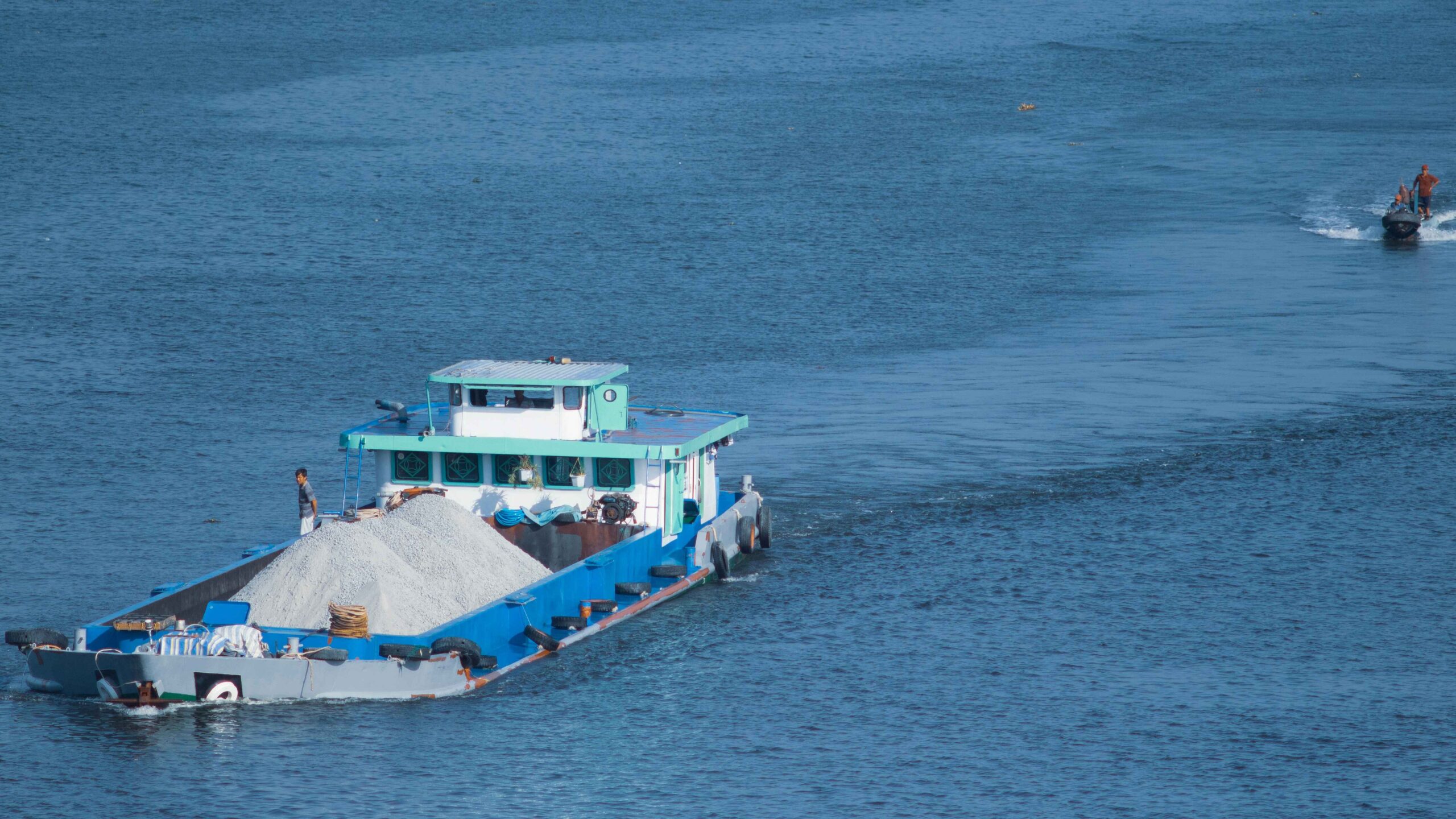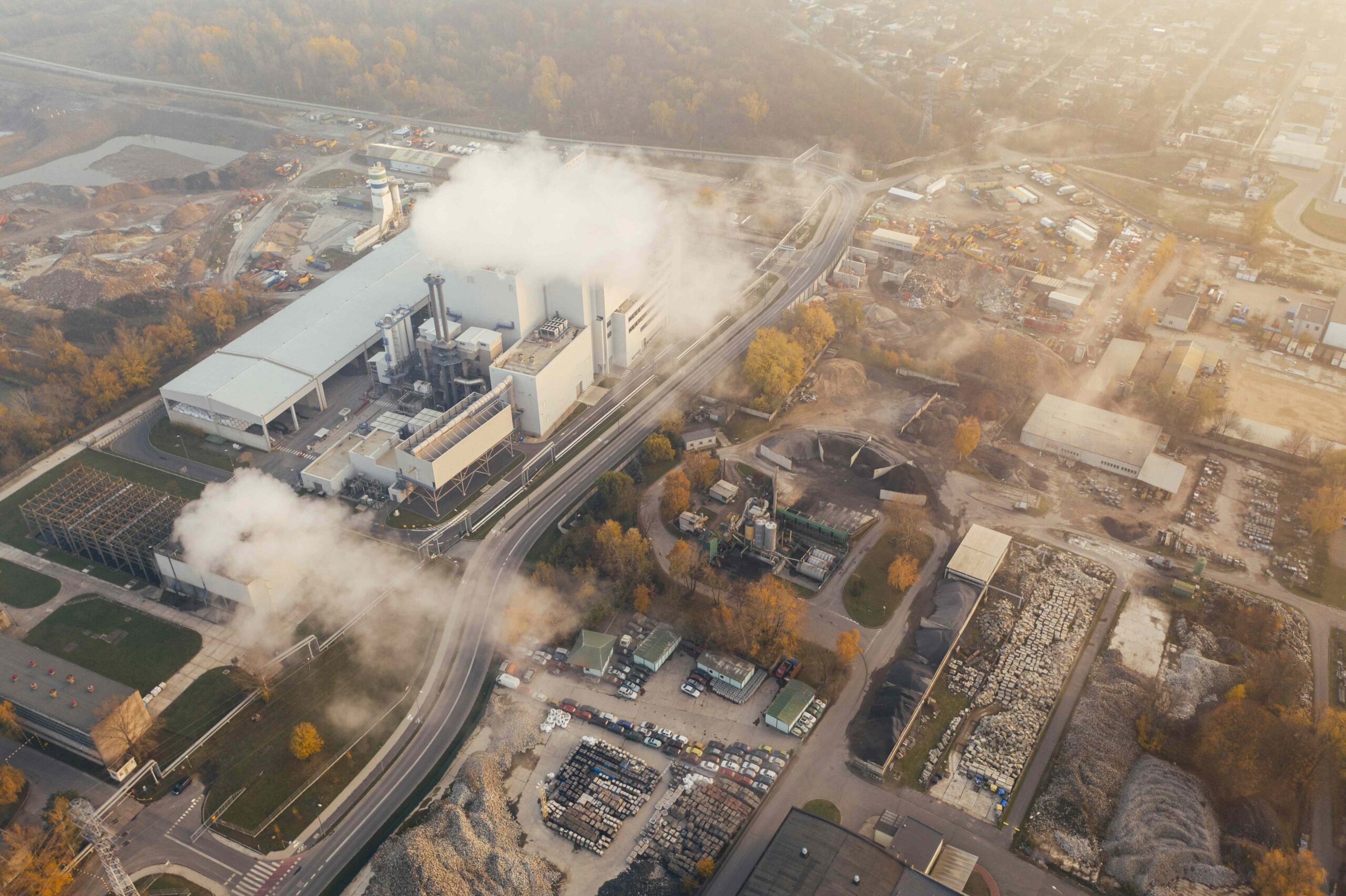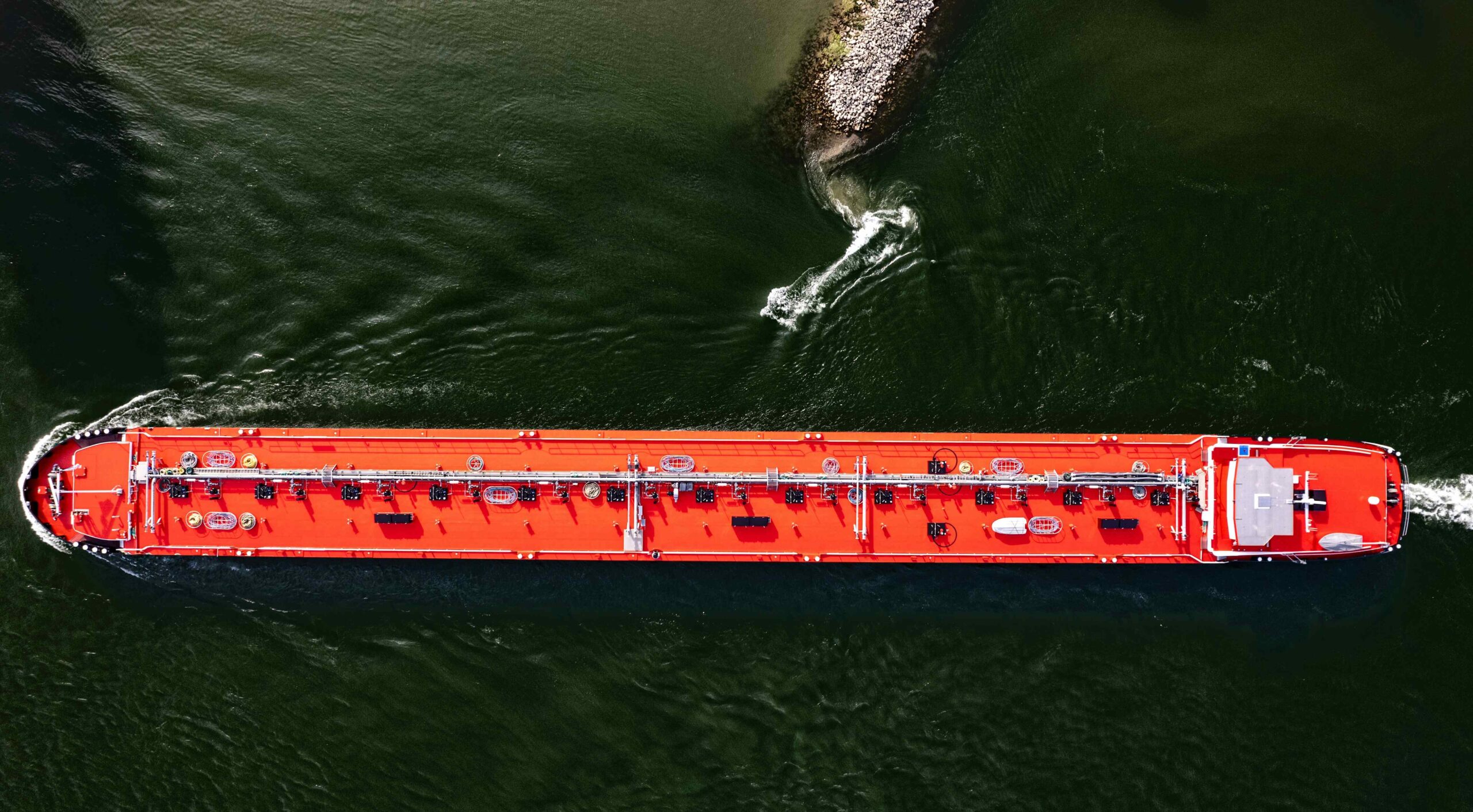
Welcome To Bunkering Knowledge
Top 100
Role of Digitalization in Optimizing Bunker Fuel Procurement
Introduction Bunker fuel procurement is a critical function in the maritime industry, influencing operational efficiency, cost management, and environmental impact.
The Impact of Bunker Fuel Taxation Policies
Bunker fuel taxation policies are gaining traction as governments and international bodies seek to curb greenhouse gas emissions and generate
The Importance of Bunker Fuel Quality and Testing in Maritime Operations
Introduction: In the vast expanse of maritime exploration, the integrity of bunker fuel quality and the precision of testing methodologies
Global Bunker Fuel Market Regulatory Compliance
The global bunker fuel market operates within a complex regulatory framework aimed at addressing environmental, safety, and operational standards. This
Bunker Fuel Supply Chain Dynamics: From Refinery to Vessel
Introduction: The bunker fuel supply chain constitutes a complex network of processes and stakeholders responsible for delivering the lifeblood of
Advances in Catalytic Processing of Heavy Oils into Marine Fuels
Introduction As the maritime industry faces increasing pressure to reduce its environmental footprint, the adoption of green bunker fuel solutions
Fuel Cells: A Promising Alternative for Marine Propulsion
Fuel cells are emerging as a promising alternative for marine propulsion, offering cleaner and more efficient energy solutions compared to
Advancements in maritime communication systems
Maritime communication systems are the lifeblood of the shipping industry, ensuring safe, efficient, and effective vessel operations worldwide. Over time,
Challenges and Opportunities in Bunkering at Busy Ports
Introduction: Bunkering, the process of refueling ships, is a critical aspect of maritime operations, ensuring vessels have the fuel needed
The Role of Charterers in Bunker Fuel Procurement
In the intricate tapestry of global maritime commerce, charterers occupy a pivotal position not merely as facilitators of cargo transport
Legal Frameworks for Environmental Liability in Bunker Fuel Spills
Bunker fuel, essential for powering maritime vessels, poses environmental risks when spilled. Understanding the legal frameworks governing environmental liability in
Impact of Fuel Additives on Bunker Fuel Performance
Fuel additives play a crucial role in enhancing the performance of bunker fuels, essential for powering maritime vessels. These additives
Impact of Bunker Fuel Quality on Marine Engine Wear and Tear
Introduction The quality of bunker fuel plays a pivotal role in the performance and longevity of marine engines. Variations in
Sustainable Shipping Initiatives and Bunker Fuel
The maritime industry is undergoing a significant transformation as it seeks to address global environmental challenges. Central to this shift
The Economics of Bunker Fuel Pricing
Bunker fuel, a vital commodity in the maritime industry, operates within a complex economic framework shaped by numerous key factors.
Impact of Polar Routes on Bunker Fuel Consumption and Logistics
Introduction The opening of polar routes, particularly the Northern Sea Route (NSR) and the Northwest Passage (NWP), has garnered significant
Emerging Markets in the Bunker Fuel Industry
The bunker fuel industry, essential for powering global maritime transportation, is witnessing significant shifts as emerging markets play an increasingly
Future Outlook: The Next Decade of Bunker Fuel Innovations
As the maritime industry continues to evolve, innovations in bunker fuels are poised to play a crucial role in shaping
Bunker Fuel Blending Techniques for Optimal Performance
Introduction Bunker fuel blending is a critical process in the maritime industry, aimed at achieving fuels that meet specific performance,
Navigating Cleaner Waters: An Express Guide to LNG Bunkering
Introduction: As the maritime industry charts a course toward sustainability, Liquefied Natural Gas (LNG) emerges as a beacon of cleaner
Exploring Hydrogen Blends in Conventional Bunker Fuels
The maritime industry is increasingly exploring innovative solutions to reduce greenhouse gas emissions and enhance sustainability. One promising approach gaining
Bunker Fuel Consumption Patterns of Different Ship Classes
Introduction Bunker fuel consumption is a significant operational and economic consideration for the maritime industry, influenced by various factors including
Evolving Trends in Bunker Fuel Contracting and Risk Management
In the maritime industry, bunker fuel is the lifeblood that powers ships traversing the world’s oceans. As regulations tighten and
Understanding the Legal Aspects of Bunkering
Introduction: Bunkering, the process of supplying fuel to ships, is a vital component of maritime operations. However, this intricate process
The Role of Non-Governmental Organizations in Bunker Fuel Advocacy
Non-Governmental Organizations (NGOs) play an increasingly influential role in the advocacy and regulation of the bunker fuel industry. Through research,
The History of Bunker Fuel in Maritime Transport
Bunker fuel, a critical component in the operation of ships, has a storied history that parallels the evolution of maritime
Impact of Ship Speed Reduction Policies on Bunker Fuel Usage
Introduction The maritime industry plays a vital role in global trade, but it also contributes significantly to greenhouse gas (GHG)
Impact of Renewable Energy Policies on Bunker Fuel Demand
The global shift towards renewable energy is profoundly influencing various industries, including maritime transport. As nations implement policies aimed at
Innovations in maritime safety equipment
Maritime safety is a paramount concern in the global shipping industry, as the vast and often unpredictable nature of the
Regional Dynamics in the Bunker Fuel Market
Introduction: The world of bunker fuel is as diverse as the seas it powers, with each region offering its own
Navigating Bunker Fuel Fraud: Strategies to Detect and Prevent Fraudulent Practices
Bunker fuel, indispensable for powering maritime vessels globally, is vulnerable to fraudulent activities that threaten operational integrity and financial stability.
Sailing Towards Cleaner Seas: A Guide to Bunkering Rules and Emission Compliance
Introduction: As our world becomes more aware of environmental issues, the shipping industry is facing questions about its impact on
The Impact of Bunker Fuel Quality on Marine Engine Longevity
Bunker fuel quality plays a critical role in determining the operational efficiency, maintenance requirements, and overall longevity of marine engines.
Regenerative Fuel Technologies and Their Applicability to Bunker Fuels
Introduction As the maritime industry seeks to reduce its environmental footprint and dependency on fossil fuels, regenerative fuel technologies have
Environmental Impact of Bunker Fuels: Emissions and Regulations
Introduction Bunker fuels are essential for powering the global maritime fleet, yet their environmental impact is significant. Emissions from these
Navigating the Seas of Change: The Digitalization Revolution in Bunkering
Introduction Bunkering, the process of fueling ships, used to be a paperwork-heavy and slow business. But now, thanks to digitalization,
Impact of COVID-19 on the Bunker Fuel Market: A Transformative Period for Maritime Energy
The onset of the COVID-19 pandemic in early 2020 brought unprecedented disruptions to global economies, industries, and supply chains, with
Innovations in Bunker Fuel Storage Infrastructure
Introduction The maritime industry is crucial to global trade, but it faces significant challenges due to increasing environmental regulations and
Corporate Social Responsibility in the Bunker Fuel Sector: Navigating Towards a Sustainable Future
Corporate Social Responsibility (CSR) is increasingly becoming a focal point for companies across industries, including the bunker fuel sector. As
The Science Behind Bunker Fuel Emissions and Their Impact on Marine Air Quality
The global shipping industry plays an essential role in transporting goods across vast distances. However, this massive sector, which accounts
Lifecycle Analysis of Bunker Fuel from Crude Oil to Combustion
Introduction Bunker fuel, essential for powering maritime vessels, undergoes a complex lifecycle from extraction as crude oil to combustion in
LNG as a marine fuel and its market dynamics
Introduction In the world of maritime fuels, there’s a rising star known as liquefied natural gas (LNG). It’s not just
Role of Blockchain in Bunker Fuel Supply Chain Transparency
In the complex and globalized maritime industry, ensuring transparency and accountability within the bunker fuel supply chain is crucial for
Impact of COVID-19 on the Bunker Fuel Industry
Introduction The COVID-19 pandemic has profoundly affected global industries, and the bunker fuel industry is no exception. Bunker fuel, essential
Impact of IMO 2020 regulations on marine fuel supply
Introduction In a landmark move toward a cleaner and more environmentally conscious maritime industry, the International Maritime Organization (IMO) set
Impact of Economic Sanctions on Bunker Fuel Availability
Economic sanctions have emerged as a powerful tool in international diplomacy, aimed at influencing the behavior of nations and entities.
Bunker Fuel Quality: Standards and Regulations
Bunker fuel quality is essential for maritime operations, affecting engine performance, maintenance costs, and environmental impact. Maintaining high-quality bunker fuel
Performance Characteristics of Residual vs. Distillate Marine Fuels
Introduction Marine fuels are essential for the operation of the global shipping industry, with two primary categories being residual and
The Success of LNG-Powered Vessels
In the maritime sector’s pursuit of sustainable and efficient fuel alternatives, LNG (Liquefied Natural Gas) has emerged as a leading
Fueling the Seas: An In-Depth Exploration of Bunker Pricing and Market Dynamics
Introduction: Bunker fuel, the life force of the maritime industry, stands as a pivotal element in propelling the world’s fleet
Bunker Fuel Supply Chain and Logistics: Ensuring Efficiency and Reliability
Bunker fuel stands as the essential energy source for maritime shipping, powering vessels that traverse the world’s oceans with goods
Impact of Climate Change Policies on Bunker Fuel Industry
In recent years, global efforts to combat climate change have intensified, leading to significant regulatory changes and policy shifts across
Renewable and sustainable marine fuels
Introduction As the global community grapples with the urgent need for sustainable solutions, the maritime industry is setting sail towards
The Evolution of Bunker Fuel Storage Tanks
Bunker fuel storage tanks are integral to the global maritime industry, facilitating the safe and efficient storage of fuel essential
Advanced Materials for Bunker Fuel Storage and Piping Systems
In the dynamic landscape of marine and industrial sectors, the evolution of bunker fuel storage and piping systems is poised
Ship Engine Design Considerations for Different Bunker Fuels
Introduction Ship engines are critical components in maritime transportation, powering vessels across the world’s oceans. The design and operation of
Digitalization and Data Analytics in Bunker Fuel Management
Introduction: In an era defined by digital transformation, industries across the board are leveraging technology to drive efficiency, optimize operations,
Bunker Fuel Hedging Strategies
In the intricate world of maritime logistics, bunker fuel stands out as a critical component, powering the global fleet of
Developments in Bunker Fuel Delivery and Bunkering Operations
Introduction Bunkering operations, the process of supplying fuel to ships, are a critical component of the maritime industry. With the
The Intersection of Bunker Fuel and Maritime Law
The maritime industry operates within a complex legal framework that ensures safe, efficient, and environmentally responsible operations. Bunker fuel, the
Fuel Types and Bunkering Procedures in the Maritime Industry
Introduction: The shipping industry, vital for moving goods across the seas, is making changes to be more environmentally friendly. One
Comparative Study of Bunker Fuel Grades: ISO 8217 Standards
Introduction Bunker fuels are indispensable for the maritime sector, serving as the primary energy source for vessel propulsion and onboard
Emerging Trends in Sustainable Bunker Fuel
Introduction: In the vast expanse of the maritime industry, the winds of change are blowing stronger than ever, propelling the
Maritime Cybersecurity Concerns in Bunker Fuel Operations
In today’s interconnected digital environment, cybersecurity has emerged as a critical concern across all industries, including maritime operations. Bunker fuel
Economic Viability of Retrofitting Ships for Alternative Bunker Fuels
In response to global environmental pressures and stringent regulations, the maritime industry is increasingly considering retrofitting ships to utilize alternative
Bunker Fuel Market Consolidation and M&A Trends
Introduction: The bunker fuel industry, a vital component of the global maritime sector, is experiencing significant consolidation as companies seek
Bunker Fuel Supply Chain Vulnerabilities
In the complex web of global trade and logistics, bunker fuel serves as the lifeblood of maritime transportation, powering ships
Innovations in Bunker Fuel Production: Shaping the Future of Sustainable Maritime Energy
The field of bunker fuel production is rapidly evolving thanks to technological advancements that are revolutionizing how marine vessels are
Impact of Seasonal Variations on Bunker Fuel Properties
Introduction The properties of bunker fuel, which is essential for powering marine vessels, can be significantly influenced by seasonal variations.
The Role of Government Subsidies in Promoting Cleaner Marine Fuels
Governments worldwide are increasingly turning to subsidies as a key policy tool to promote the adoption of cleaner marine fuels,
A Simple Guide to Global Trends in Marine Fuel Prices
Introduction In the vast oceans where ships rule the waves, the fuel that powers them is a big deal. Let’s
Advancing Port Infrastructure: Enhancing Bunker Fuel Storage Facilities
The global shipping industry, essential for facilitating international trade, relies heavily on efficient port infrastructure to support its operations. Bunker
Port State Control and Bunker Fuel Compliance
Port State Control (PSC) plays a pivotal role in enforcing international maritime regulations, including those related to bunker fuel. This
Bunker Fuel Sustainability: Reducing Emissions and Transitioning to Cleaner Fuels
Introduction: Bunker fuel sustainability is emerging as a pivotal concern within the maritime domain, spurred by escalating environmental pressures and
The Role of Research and Development in Bunker Fuel Advancements
In the realm of maritime transport, bunker fuel stands as a cornerstone of global commerce, powering vessels that traverse the
Impact of Weather Conditions on Bunker Fuel Storage and Handling
Weather conditions exert a significant influence on the storage and handling of bunker fuel, presenting both challenges and opportunities for
Thermodynamic Efficiency of Various Bunker Fuels in Marine Engines
Introduction The efficiency of marine engines, crucial for the maritime industry’s sustainability and operational costs, is directly influenced by the
Bunker Fuel Efficiency: Optimization Strategies and Operational Best Practices
Introduction: Efficient utilization of bunker fuel has emerged as a crucial aspect of maritime operations, blending economic pragmatism with environmental
Economic Analysis of Fuel Switching in Shipping
The global shipping industry is undergoing significant transformation as it adapts to stricter environmental regulations and shifting market dynamics. One
Role of Bunker Fuels in Arctic Shipping Operations
Introduction Arctic shipping has emerged as a critical component of global maritime trade, driven by melting ice caps and the
Sustainability Certifications for Bunker Fuel Suppliers
In the maritime industry, sustainability certifications for bunker fuel suppliers are becoming increasingly critical as stakeholders prioritize environmental responsibility and
Navigating the Frozen Frontier: Bunkering Challenges and Innovations in Arctic and Cold Waters
Introduction: The Arctic and cold waters represent some of the most challenging environments for maritime operations, including bunkering—the process of
Fuel Management Systems for Efficient Bunker Fuel Usage
Introduction Efficient management of bunker fuel is essential for the maritime industry, impacting vessel performance, operational costs, and environmental sustainability.
Green Initiatives and their Effect on Bunker Fuel Suppliers
Introduction: In an era where environmental sustainability is paramount, the maritime industry is undergoing a transformation driven by green shipping
Real-World Performance Data Analysis of Bunker Fuels
Analyzing real-world performance data of bunker fuels is essential for understanding their efficiency, emissions profile, and operational impact in maritime
Comparative Analysis of Marine Fuel Tax Policies Globally
Marine fuel taxation policies vary significantly across countries and regions worldwide, reflecting diverse economic, environmental, and regulatory priorities. This comparative
Bunker Fuel Standards: Understanding ISO 8217 and Regulatory Compliance
Introduction: Bunker fuel standards are the cornerstone of maritime operations, ensuring the safe and efficient propulsion of vessels while addressing
Public-Private Partnerships in Developing Bunker Fuel Infrastructure
In the dynamic landscape of global shipping, the development of robust bunker fuel infrastructure is crucial for ensuring efficient operations
The Essential Role of Bunker Fuel in Offshore Energy Projects
Bunker fuel is indispensable in the realm of offshore energy projects, serving as the primary fuel source that drives crucial
Hydrodynamic Impact of Bunker Fuel Types on Ship Performance
Introduction The choice of bunker fuel has a significant influence on the overall performance of a ship. Different types of
Public Perception and Social Responsibility in Bunker Fuel Industry
The bunker fuel industry, essential for powering maritime transport worldwide, is increasingly under scrutiny from the public and regulatory bodies
Effects of geopolitical events on marine fuel prices
Introduction The global maritime industry is deeply interconnected with geopolitical events, and their ripple effects can be felt in the
Marine Emission Control Areas (ECAs) and Their Impact on Bunker Fuel
With growing global concern over environmental issues, the maritime industry faces increasing pressure to address its contributions to air pollution
Bunker Fuel Contamination: Causes and Consequences
Bunker fuel contamination poses significant risks and challenges to the maritime industry, impacting vessel operations, safety, and environmental sustainability. This
Navigating the Roadmap: IMO 2050 and its Implications for Bunkering
Introduction: The International Maritime Organization’s (IMO) ambitious target, known as IMO 2050, aims to reduce greenhouse gas (GHG) emissions from
Technological Disruptions in Bunker Fuel Monitoring Systems
In the dynamic world of maritime transport, the evolution of bunker fuel monitoring systems represents a crucial advancement towards enhanced
Advanced Sensor Technologies for Bunker Fuel Leak Detection
In the realm of maritime and industrial safety, the detection and prevention of bunker fuel leaks are paramount concerns. Traditional
Energy Transition: Role of Hydrogen in the Future of Marine Fuels
IntroductionThe maritime industry is undergoing a significant transformation as it seeks sustainable and environmentally friendly alternatives to conventional marine fuels.
IMO 2020: Compliance and Challenges for the Shipping Industry
The International Maritime Organization (IMO) introduced a groundbreaking regulation known as IMO 2020, which came into effect on January 1,
The Impact of Oil Prices on Bunker Fuel Costs
Oil prices play a pivotal role in determining bunker fuel costs, influencing operational expenses and profitability across the maritime industry.


